The Boston Musical Intelligencer PREVIEW: Don’t Tell Anyone About “Secret Byrd”
Announcements
10.26.2024
Celebrate the season of love with Revels FRINGE at Club Passim, featuring Sophie Michaux and Adam Simon!
Buy TicketsAnnouncements
10.26.2024
By BMInt Staff. Updated October 26, 2024.
The Gesualdo Six and Abendmusik will collaborate with creator Bill Barclay in a theatrical seance by candlelight, communing with some of the most ravishing music ever written, at St. Paul’s Cathedral, Boston on October 31st to November 2nd. Co-commissioned by St. Martin-in-the-Fields and Washington National Cathedral, “Secret Byrd” promises to immerse audiences in the music and activism of William Byrd, in particular, his Mass for Five Voices. The Financial Times called the sui generis concert-theatrical “Profound, spiritual, and beautiful,” and the New Yorker found it “…quietly transfixing. The intimate and immersive show” invites the audience to move and break bread with the singers. The company promises that votaries will experience England’s finest composer William Byrd, a covert to Catholicism facing brutal prosecution, as he intended: within a circle of worshipful secrecy.
Tickets for the Revels presentation, created and directed by Bill Barclay and produced by Concert Theatre Works HERE. An interview with Gesualdo Six Director Owain Park follows.

FLE: Is this production rather more dignified than the usual Revels fare?
OP: This will be our first visit to Boston, so whilst I haven’t experienced the Revels in-person, I know that their mantra, “bringing traditions to life” perfectly fits Secret Byrd.
I first spoke with Bill Barclay about Secret Byrd a few years ago in an underground café in London. Within minutes, I was captivated by his incredible storytelling. Bill describes his work as “concert-theater,” blending visual and sonic elements. Our costumes range from period-appropriate attire to worn, shabby garments—not for glamour, but to immerse the audience in Byrd’s world and evoke the challenging circumstances in which he composed. His faith is well-known, but performing his music in an atmospheric, candlelit setting brings it to life in a magical way.
Why did Byrd demand his Mass for 5 Voices take place in clandestine settings?
I’m not sure Byrd had much choice! He was born into a nation in turmoil. Around 1540, near the time of Byrd’s birth, King Henry VIII had nearly completed his destruction of England’s monasteries and convents, remnants of which still stand in ruins today. The Latin Mass was banned, replaced by a simplified vernacular service. Composing in the pre-Reformation style was risky, a privilege reserved for those with royal favour.
Navigating a career as a recusant Catholic composer was far from easy, but Byrd was shrewd. He selected texts with subtle, subversive meanings, like the “gallows texts”—Latin psalms spoken by priests facing martyrdom, which symbolised overcoming enemies to liberate an allegorical Jerusalem. Under Elizabeth I, such texts were tolerated, as she maintained an affection for elaborate rituals. Singers and priests would gather in secret to celebrate Mass, under fear of persecution.
“Audience members will be breaking bread at the appropriate point in the Mass.” Why not have a priest there since you will be in a cathedral?
Without giving too much away, there is a moment in the show where the people gathered eat together, as a sign of a community. This is not a ‘real’ mass – we’ve had several priests attend our performances in the UK and they have all appreciated the way we’ve carefully handled the sanctity of such an occasion.
Bill Barclay says “Secret Byrd is my prayer for the world. It is theater about freedom of belief and the nature of belief itself. Part art installation, part concert, and part immersive theatre, audiences are taken on a tour of William Byrd’s story, highlighting religious persecution still afflicting the world today, and perhaps most importantly — to encourage us all to let people believe what they wish….but is all of the music by Byrd?” What is the organizing principle?
The music is all by William Byrd, as this project was born to commemorate the 400th anniversary of his death in 2023. Bill has written about his research and vision on his program notes HERE.
Tell us more about the theatrical and immersive elements. Will you have incense?
We have had incense at most of the shows to-date, which instantly brings a vivid note to one of the senses. As audience members gather outside, members of The Gesualdo Six welcome them and explain a little about what to expect, before inviting them into the performance space. Audience members may be inclined to pick a chair and set up residence: the idea with this show is that everyone moves around, listening and watching from different points in the room to get a full (and unique) experience.
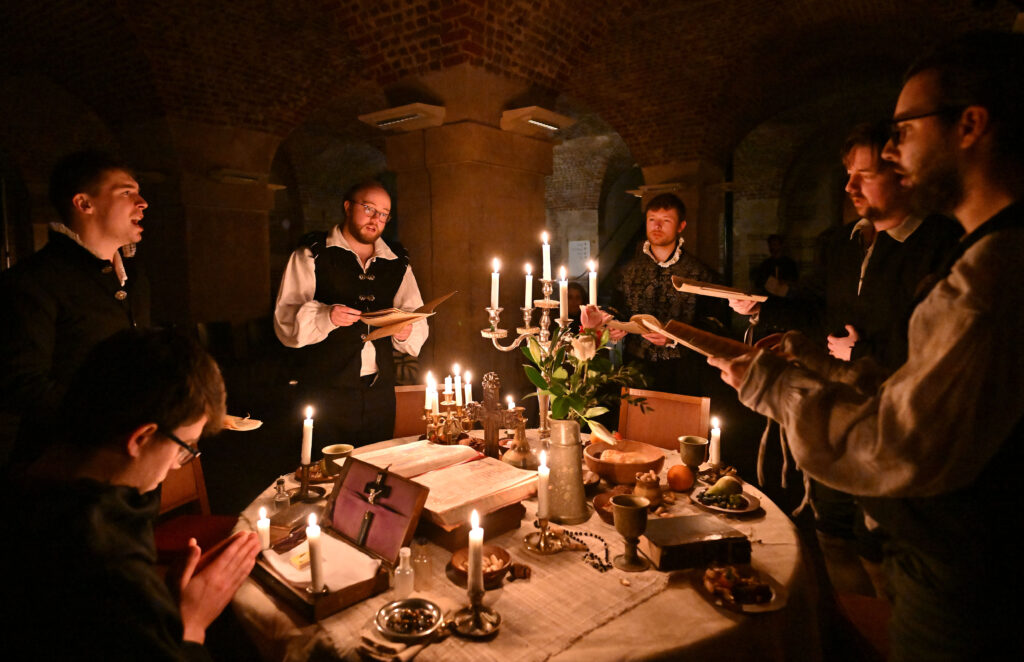
What will the sixth voice of The Gesualdo Six be doing in a five-part Mass?
We perform a good deal of music in three, four and five parts – in a more usual concert setting, this varies the texture for the audience, and enables us to balance the music effectively. What works well about our line-up is that we have a lovely overlap between the voices, so that we can choose particular combinations for different works. In Secret Byrd, the remaining singer plays the priest, and joins in for music in six parts towards the end of the performance.
How would you compare/rank The Gesualdo Six with other British a cappella groups?
I’m proud of the way we have made our journey from an ensemble which began at university to a professional group that is much in-demand across the world. In 2024 we will give 100 concerts, with many of them in the USA. A lot of our work focuses around education, and providing opportunities for contemporary composers to write music. I think it’s a good place to be!
And tell us about Abendmusik. What will the instrumentation be on this occasion?
Abendmusik are a group of talented viol players, who play on instruments that likely sound similar to those heard in Byrd’s time. The music calls for similar ranges to voices, with higher strings (that take up the space of a small rucksack) to larger instruments (who require their own seat!)
Can you tell us about the music of the five-part mass?
I find the Mass for Five Voices both intimate and conversational. Unlike the intricate counterpoint found in Byrd’s Mass for Four Voices, it deals in short motivic material that explores the expressive side of Byrd’s part writing. It’s glorious concert music, particularly for Secret Byrd, as we can explore these evocative lines as they are passed around the voices. We have always loved singing the music of William Byrd. He is a master of sculpture, who knows just when to tease the harmony unexpectedly, or create a moment of surprise.
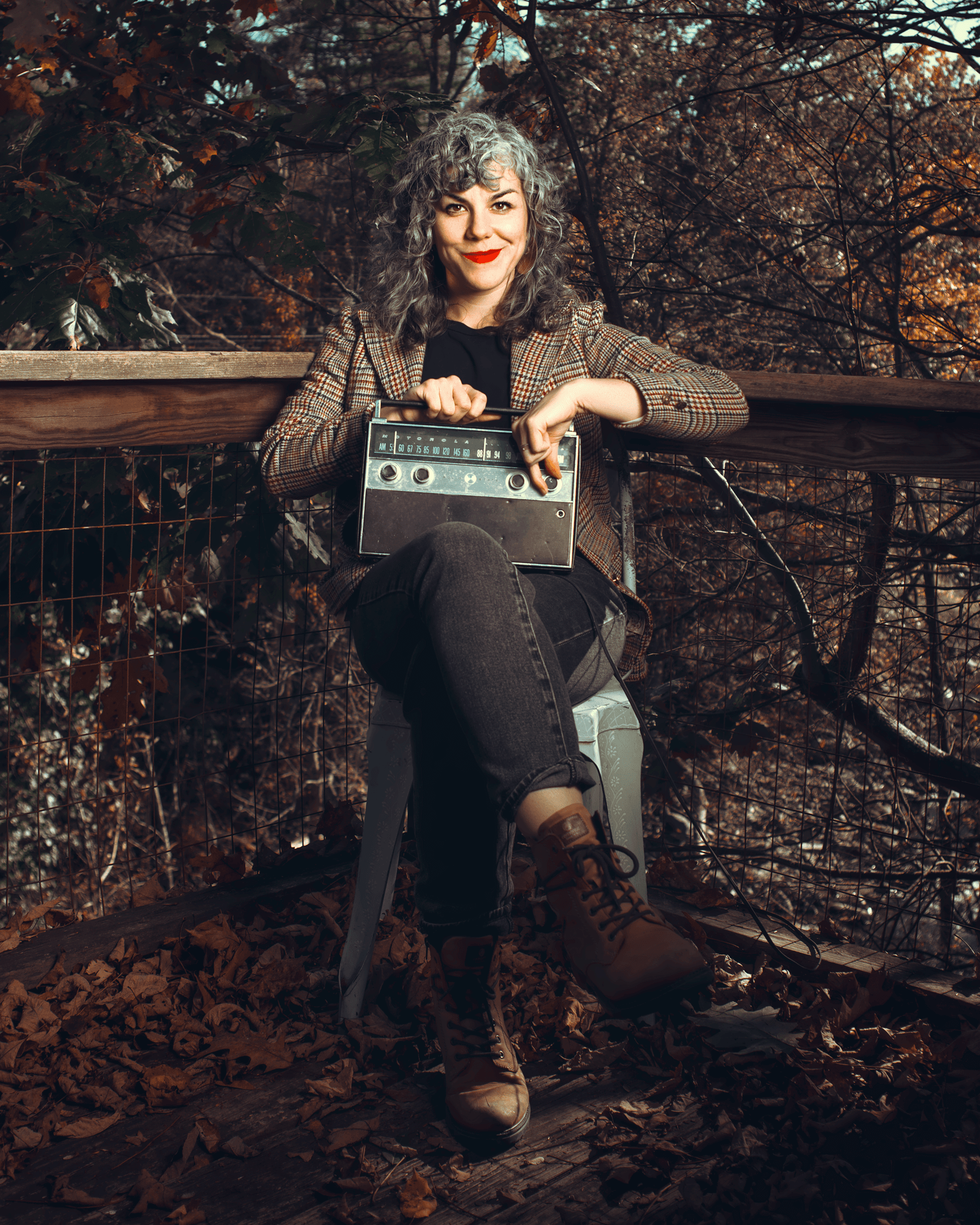
Read More
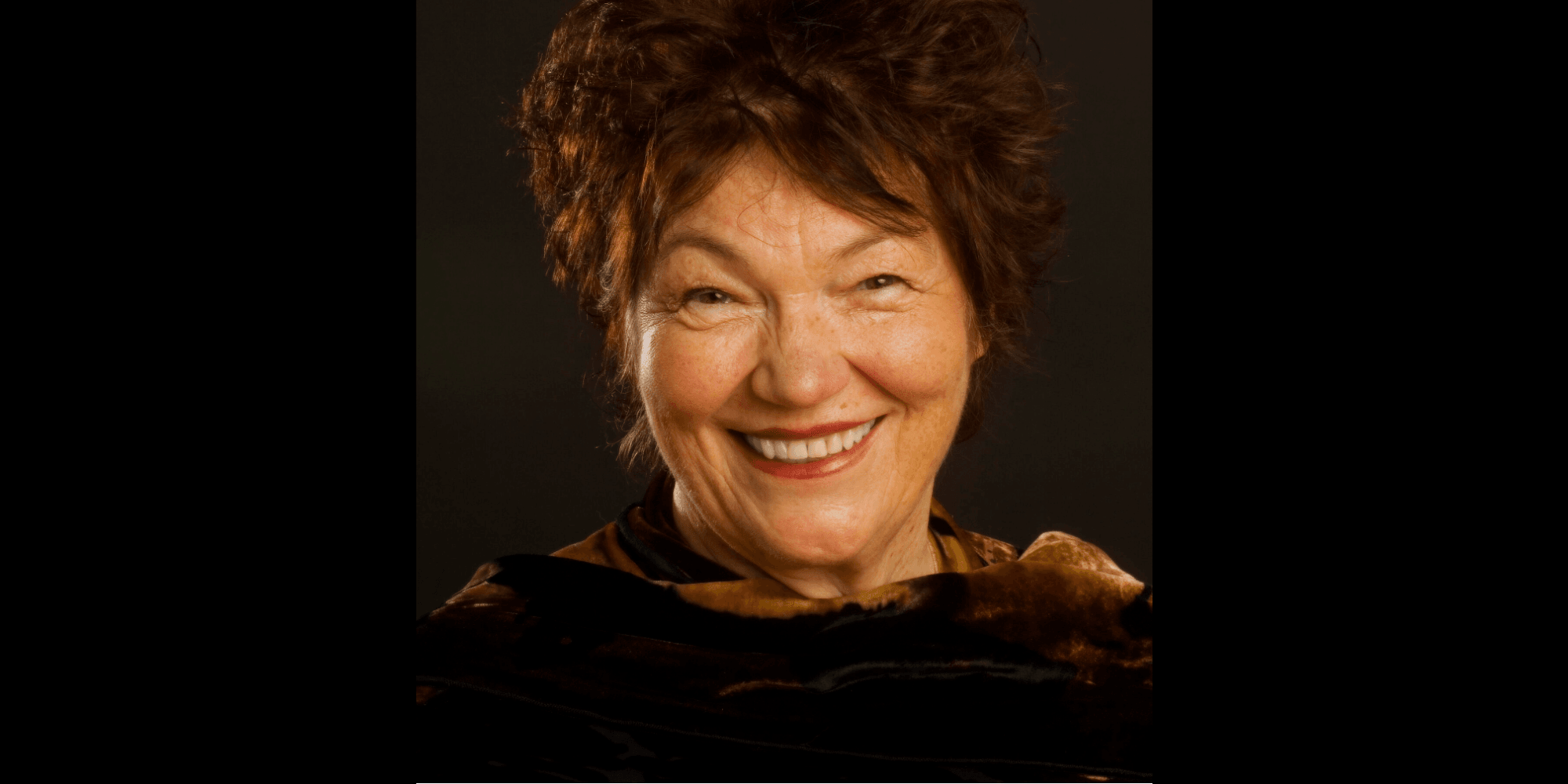
Read More
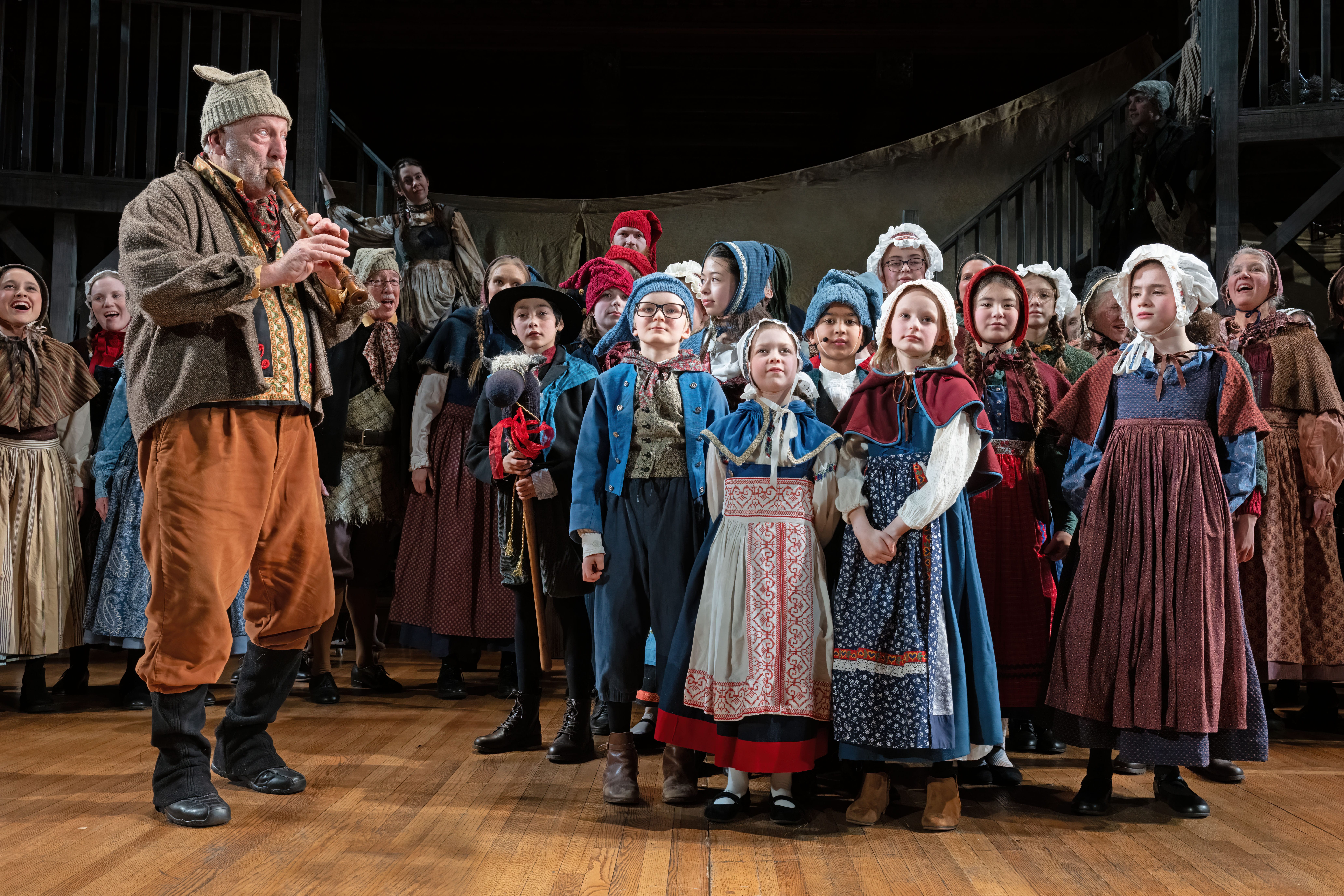
Read More
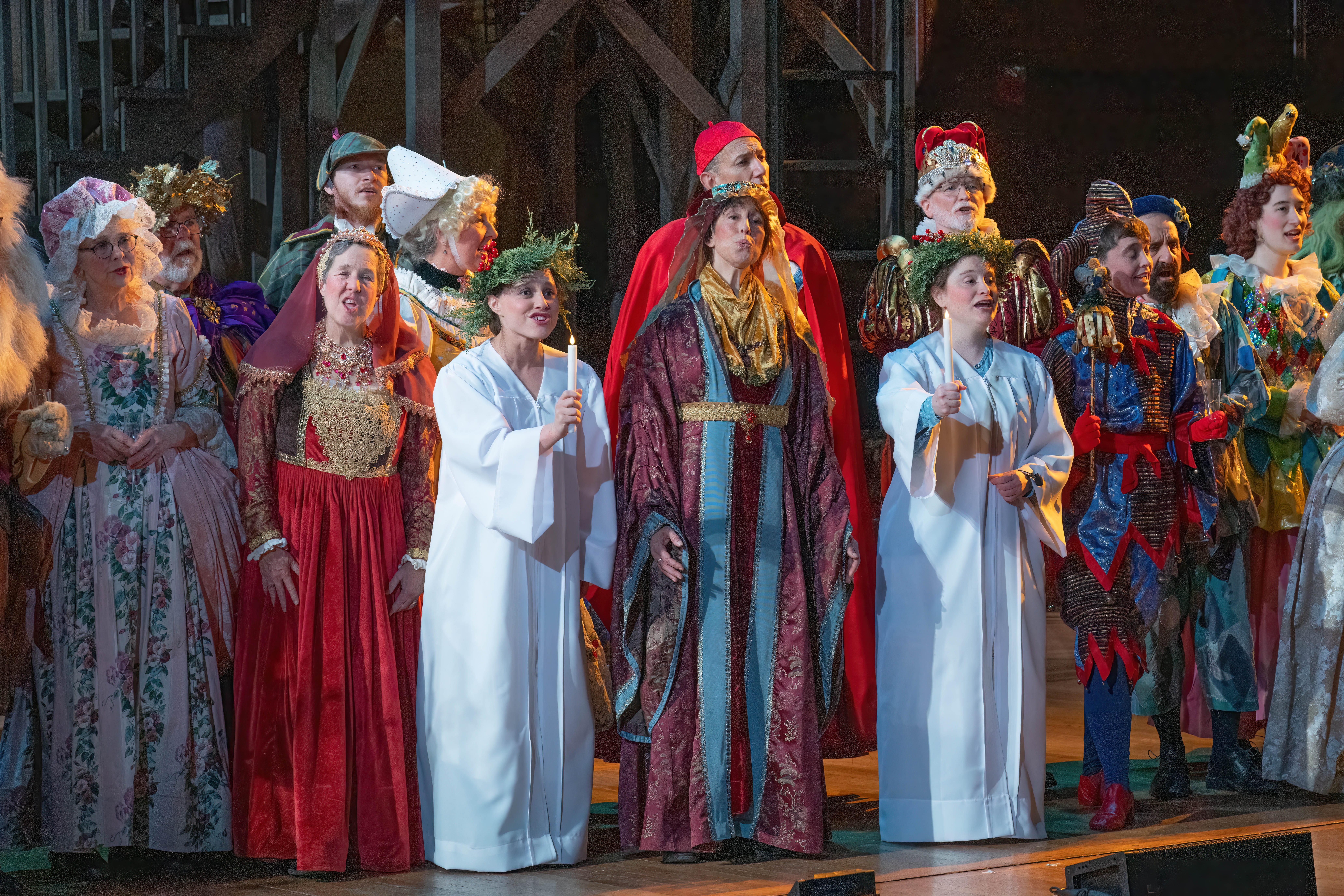
Read More
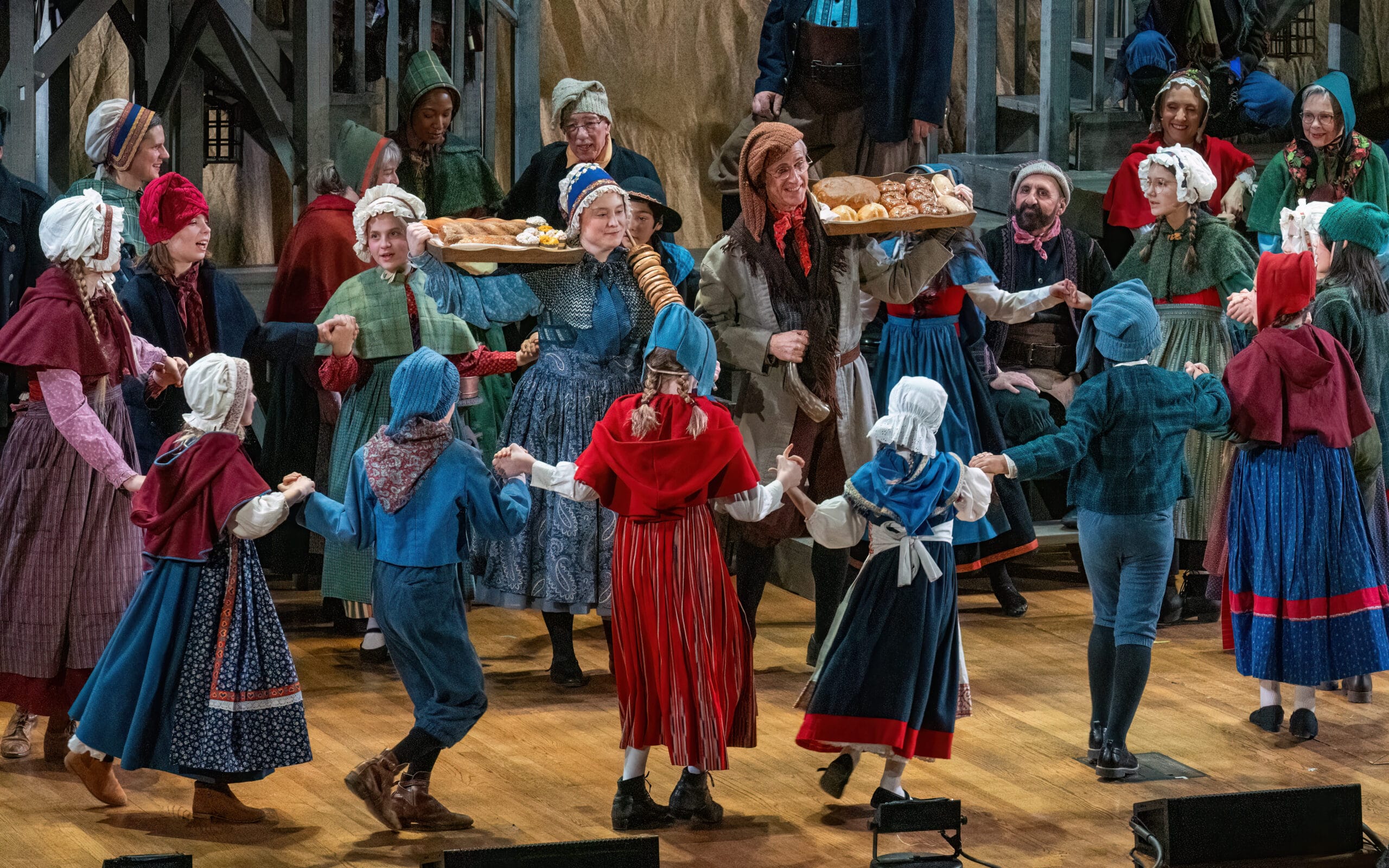
Read More
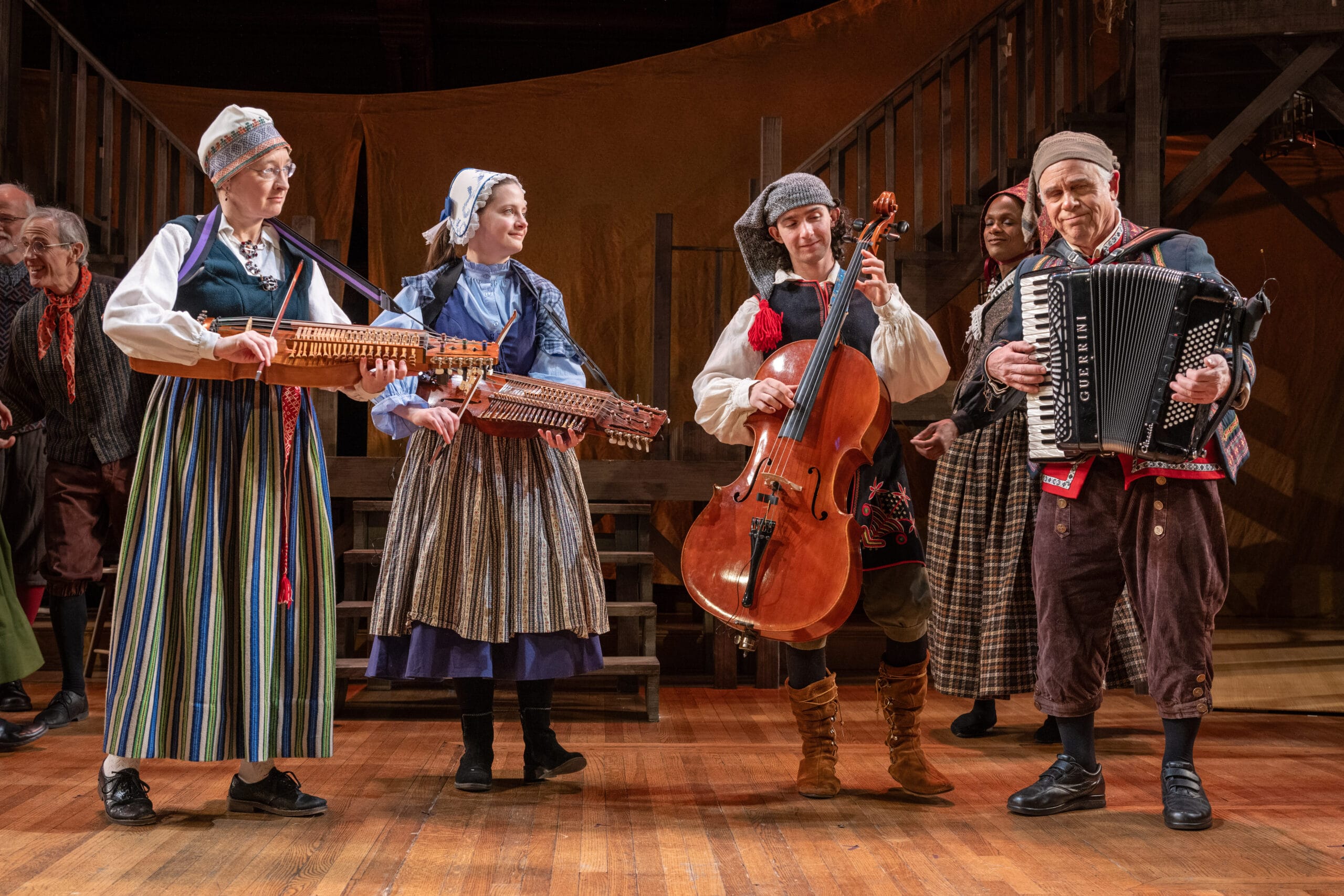
Read More
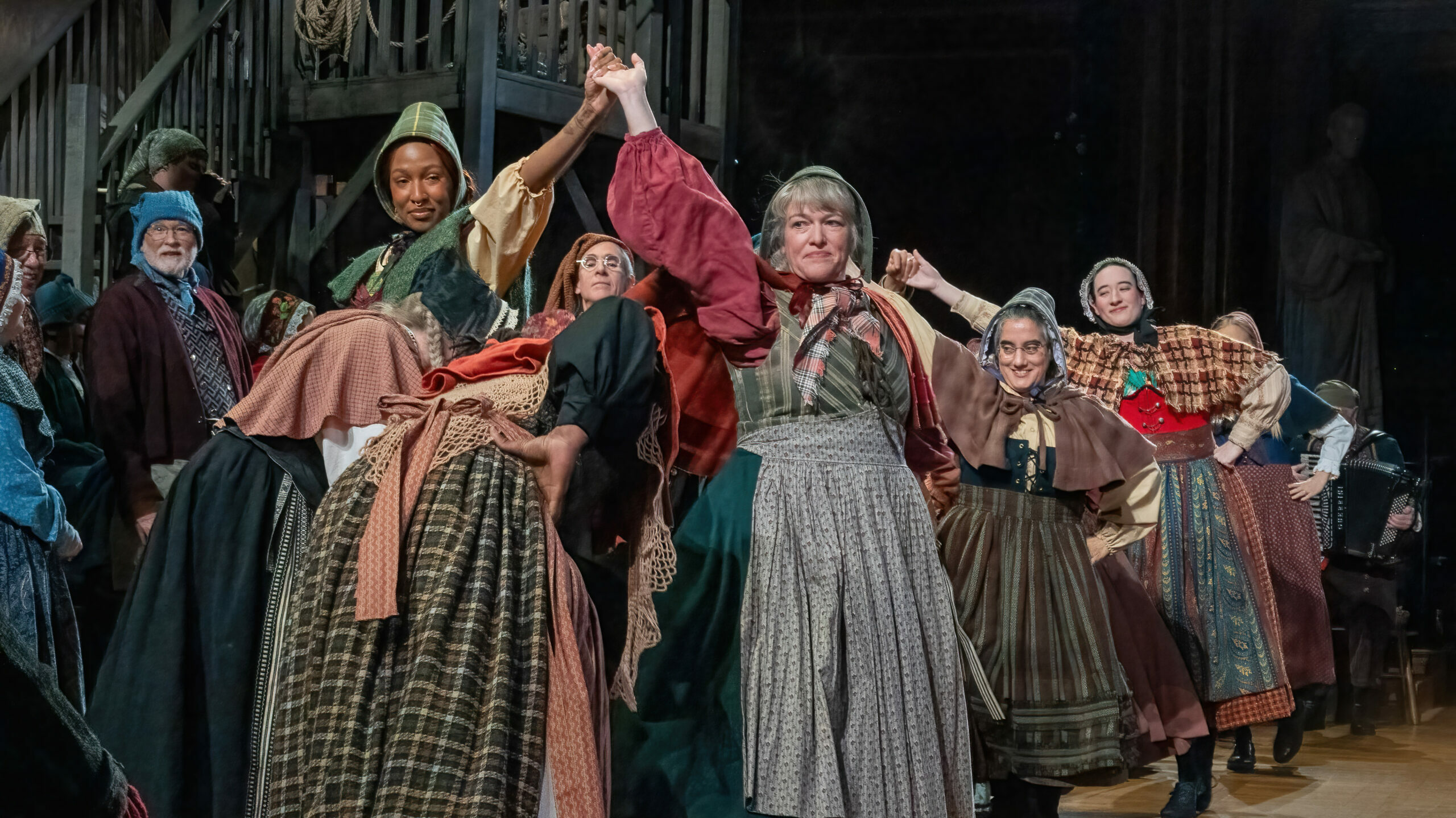
Read More
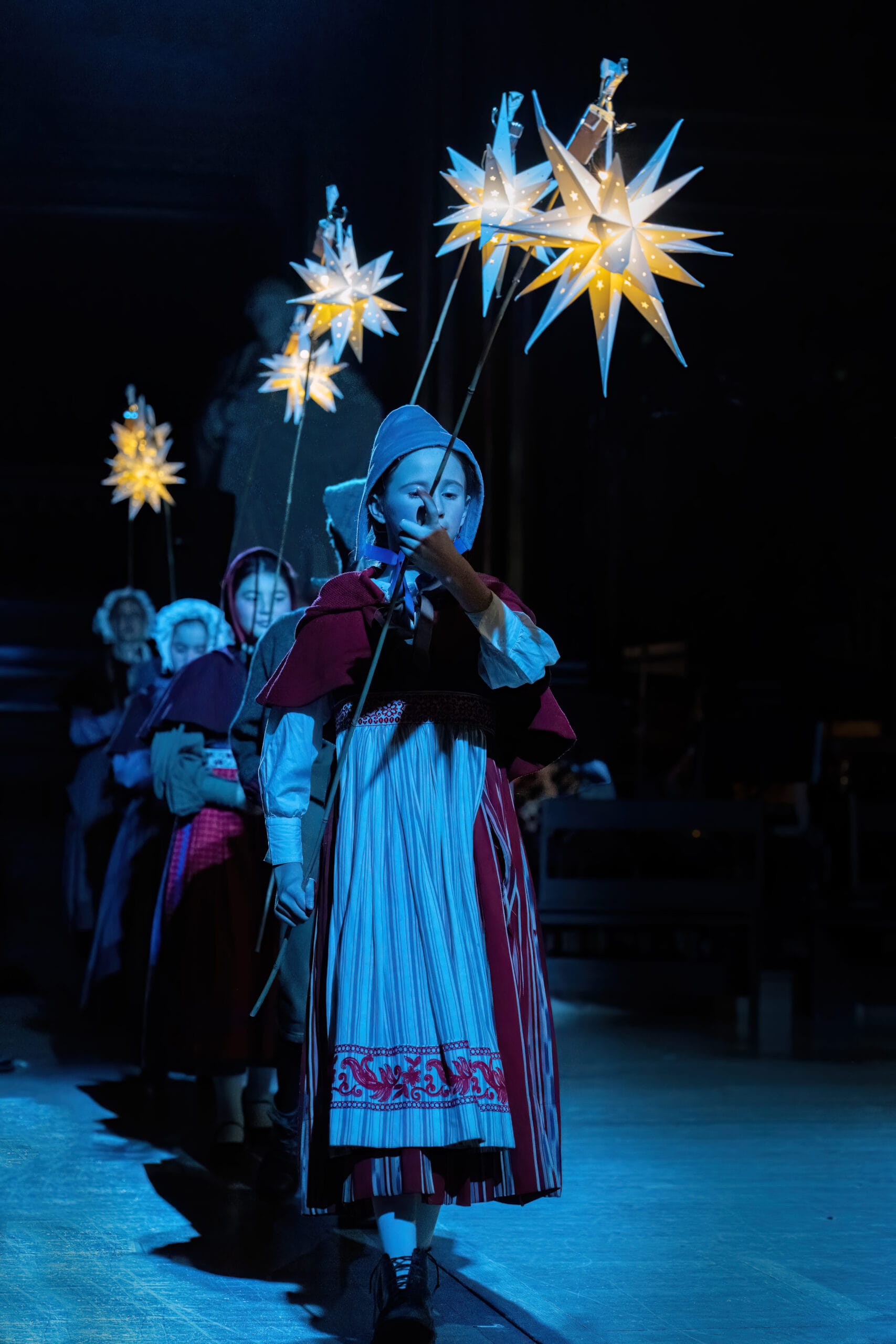
Read More
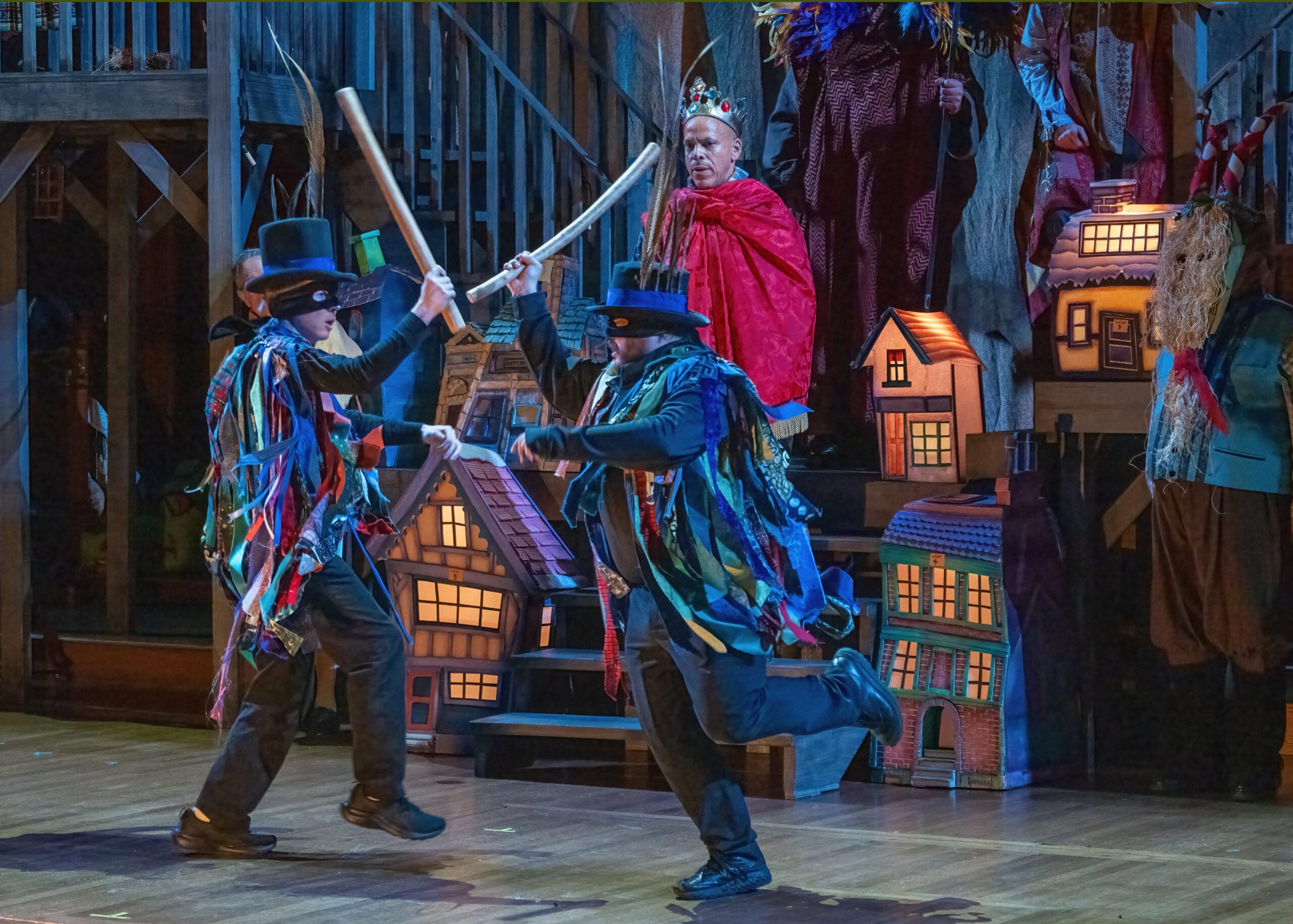
Read More
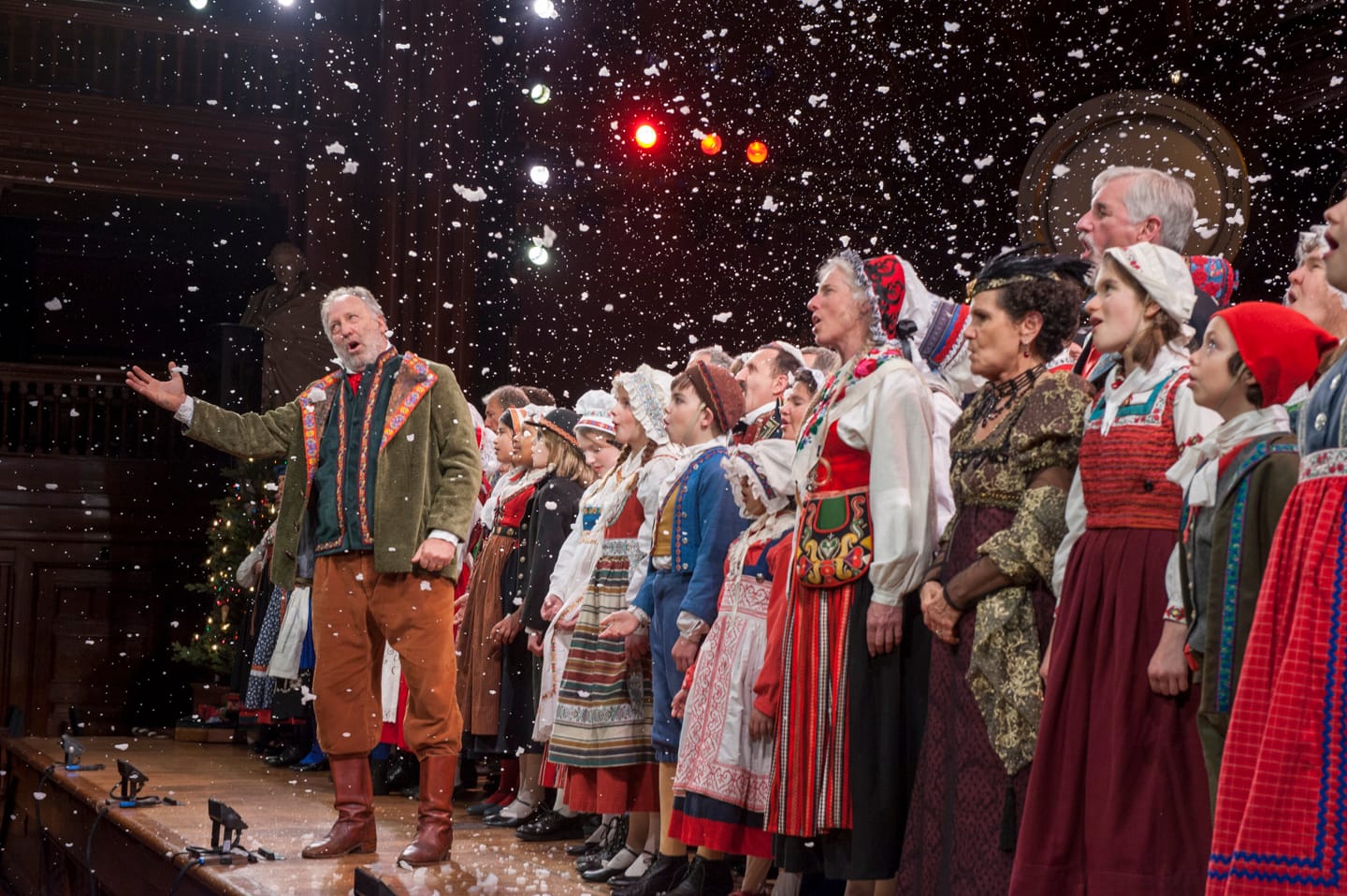
Read More
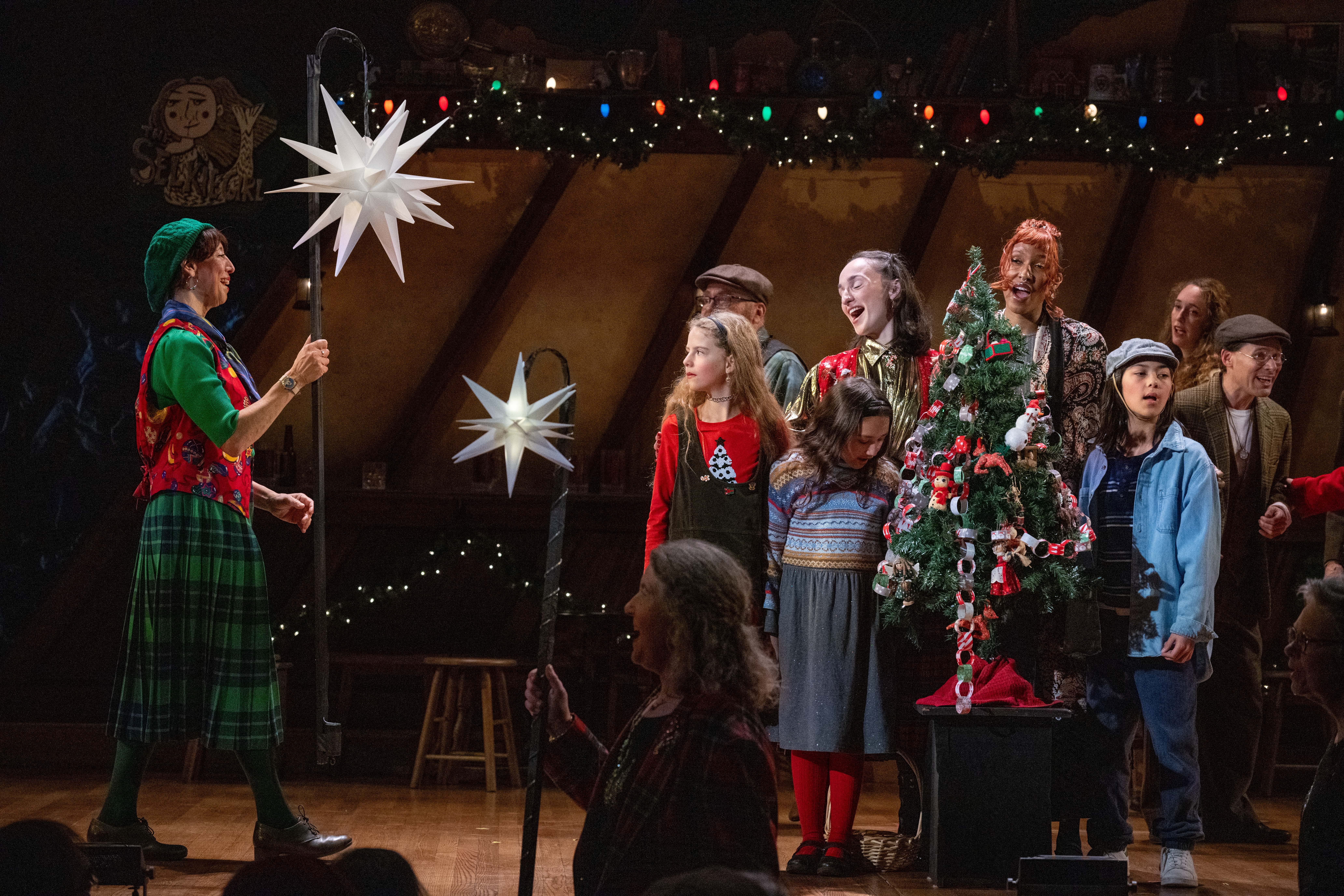
Read More
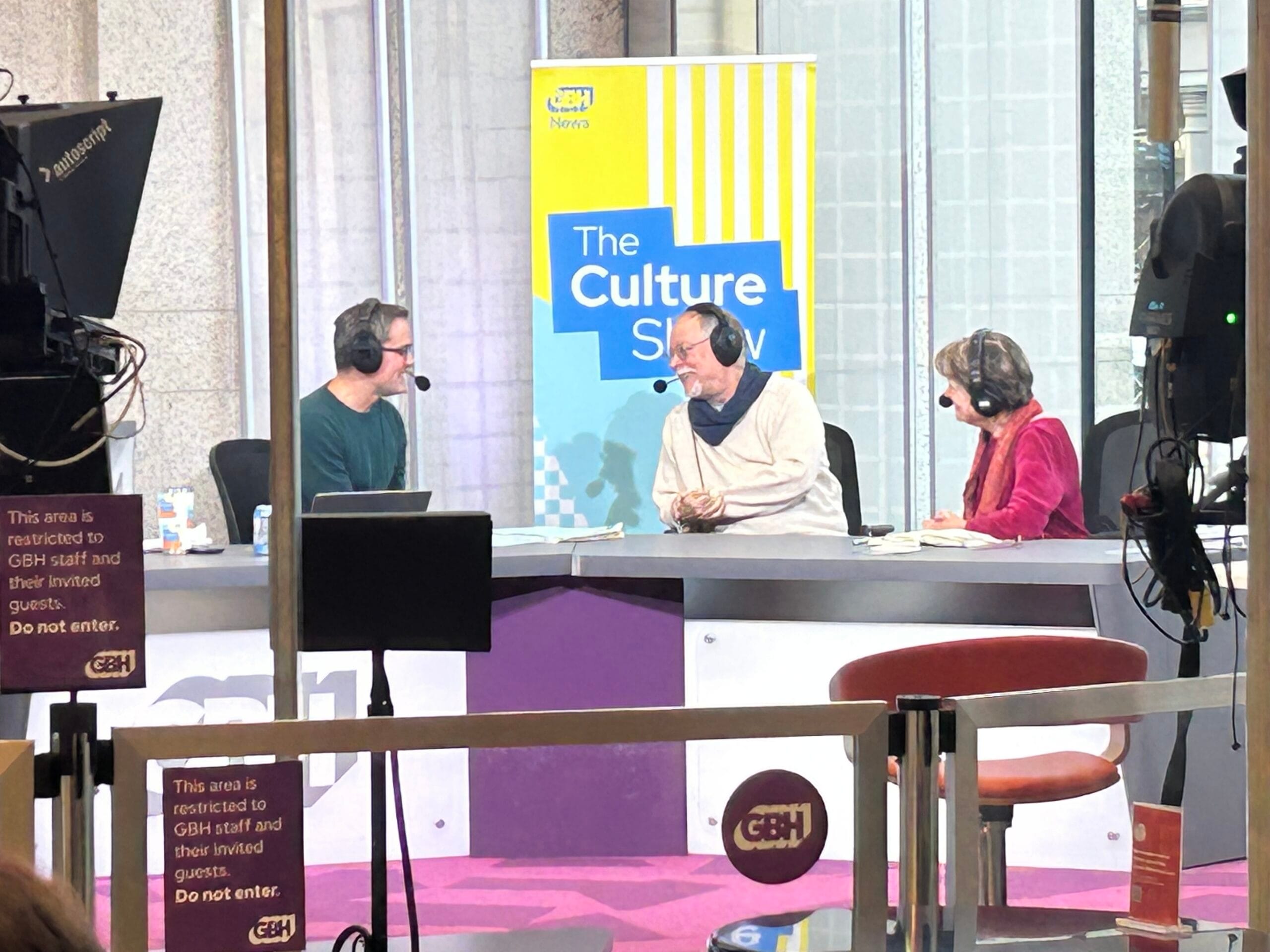
Read More
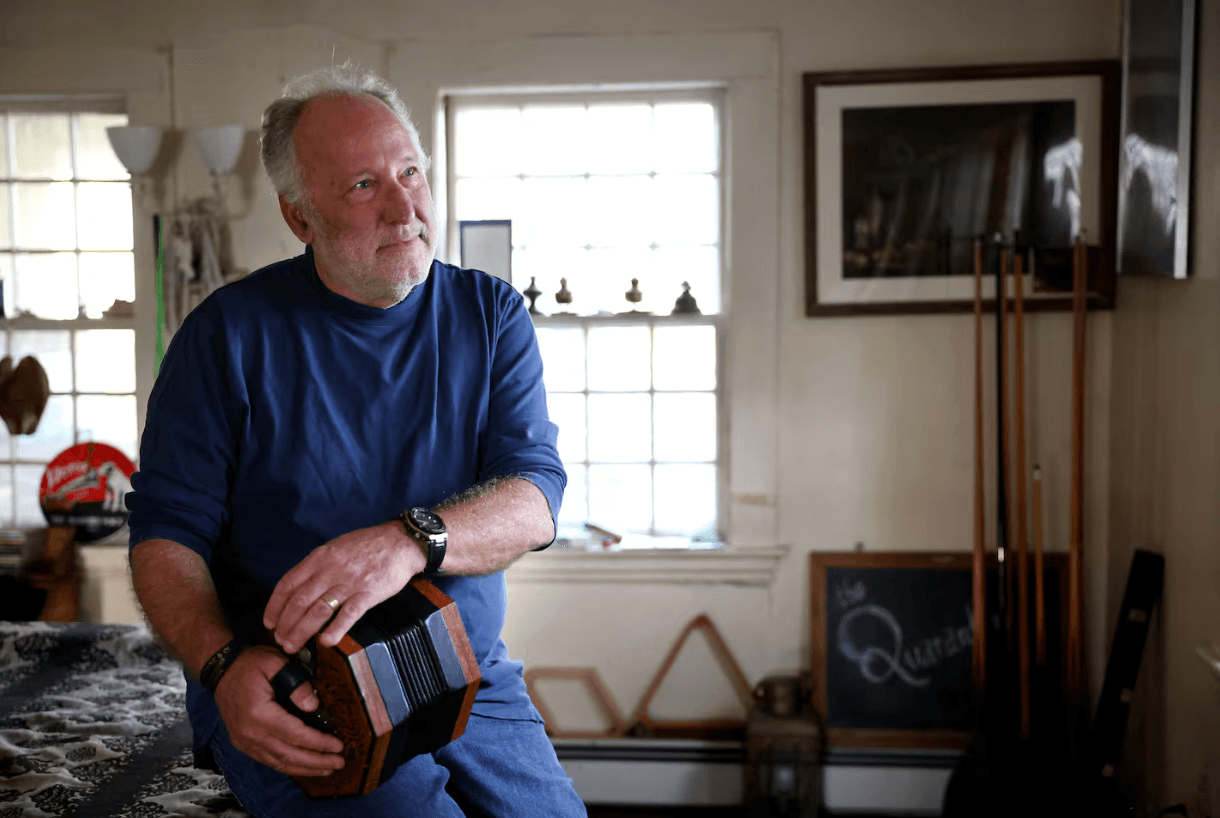
Read More
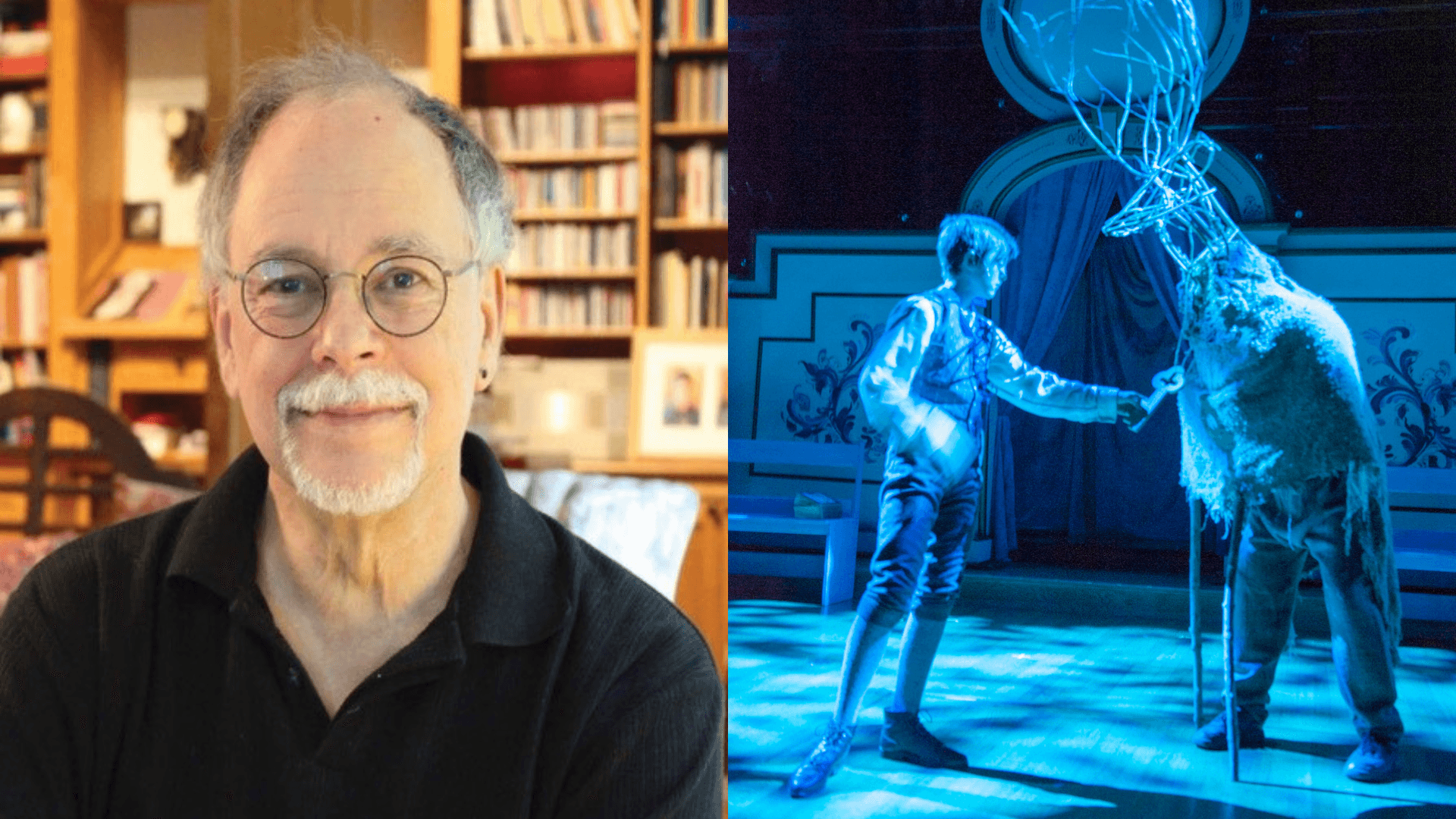
Read More
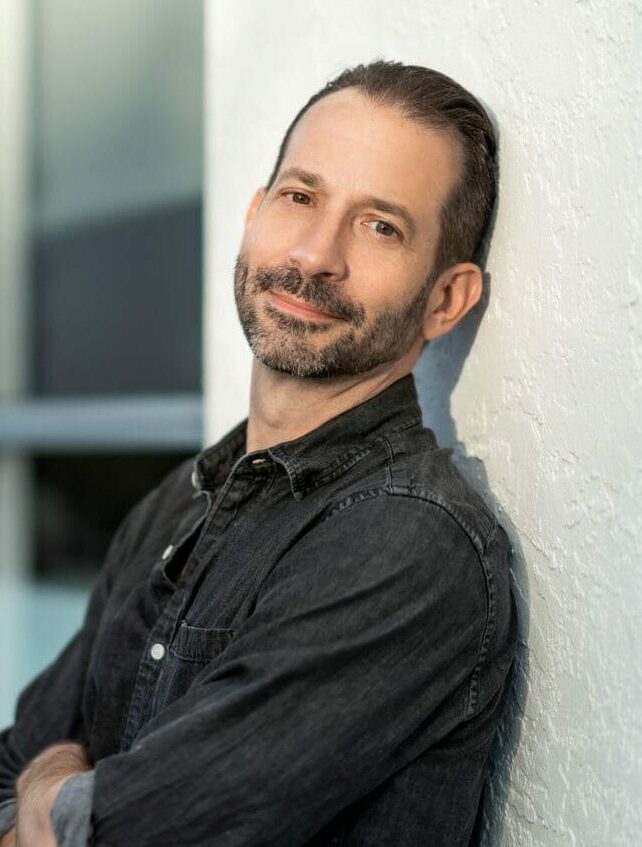
Read More
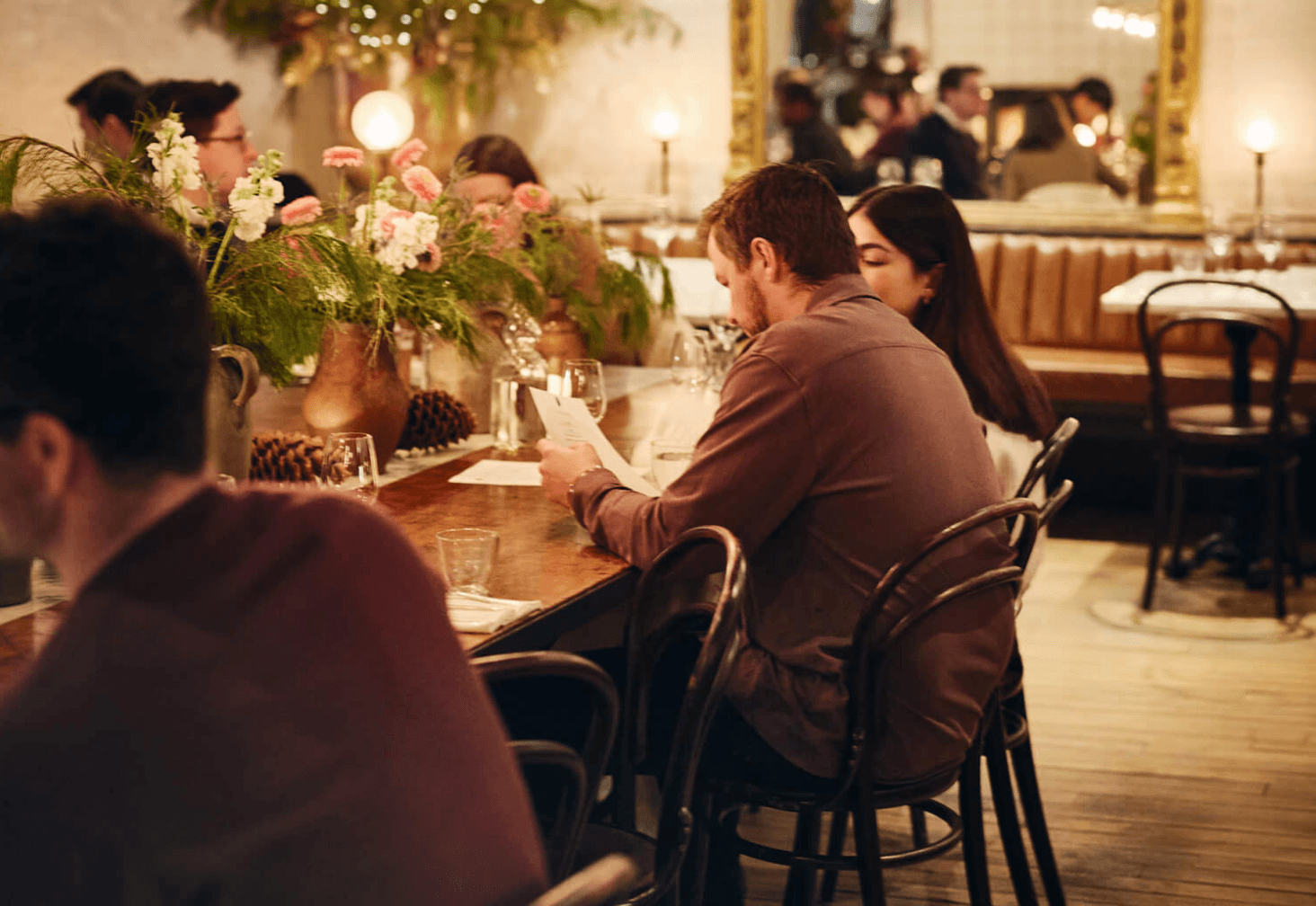
Read More
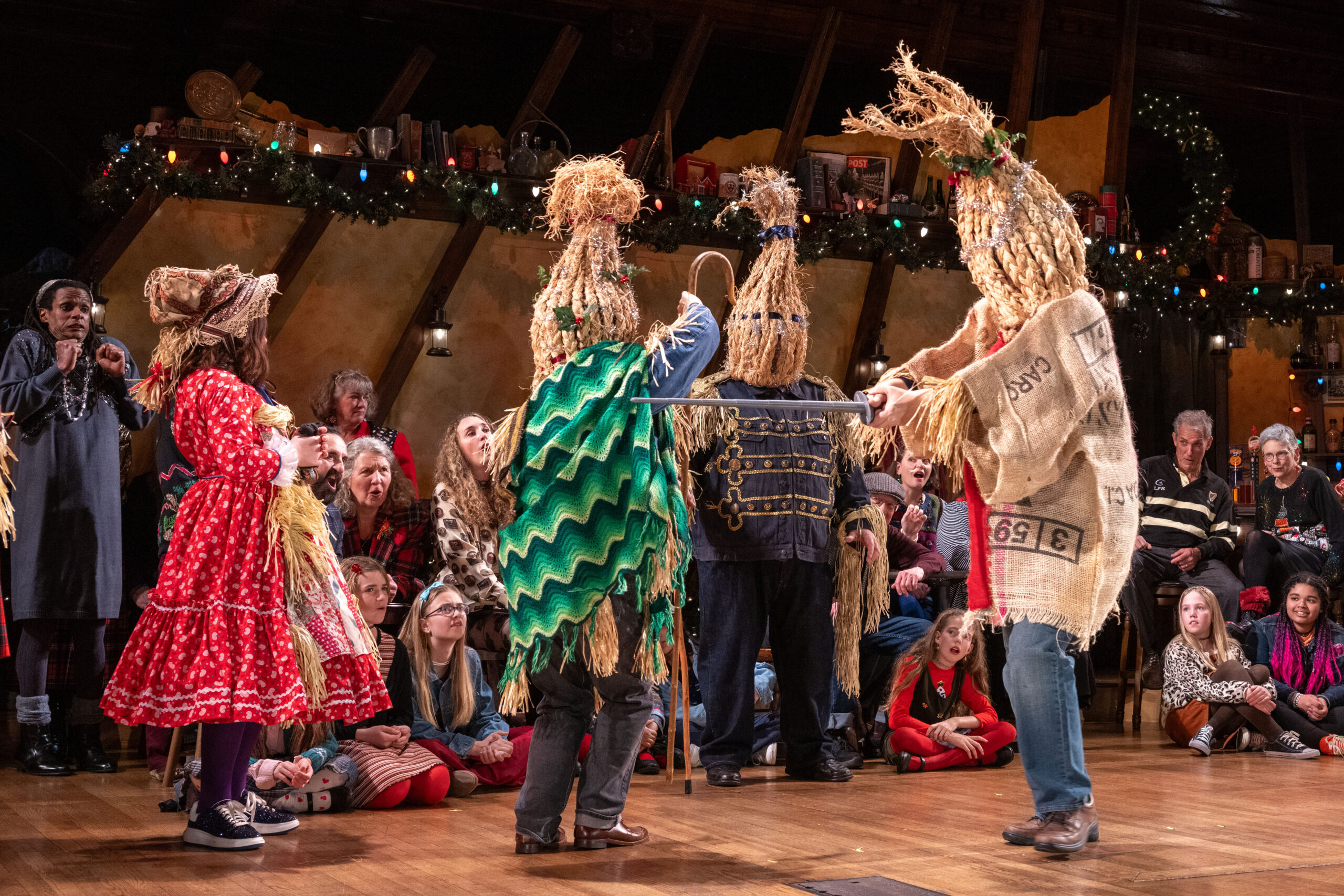
Read More
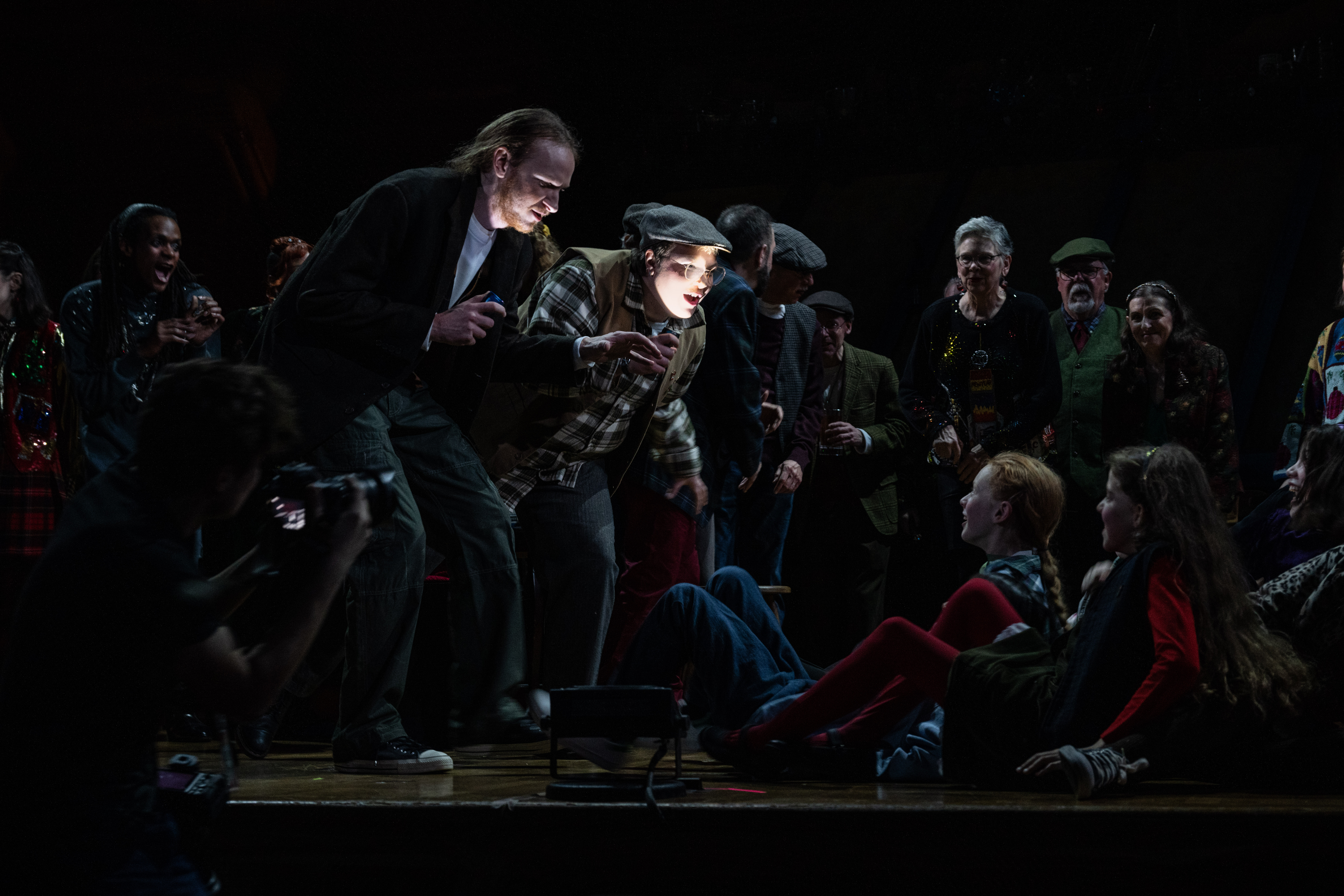
Read More
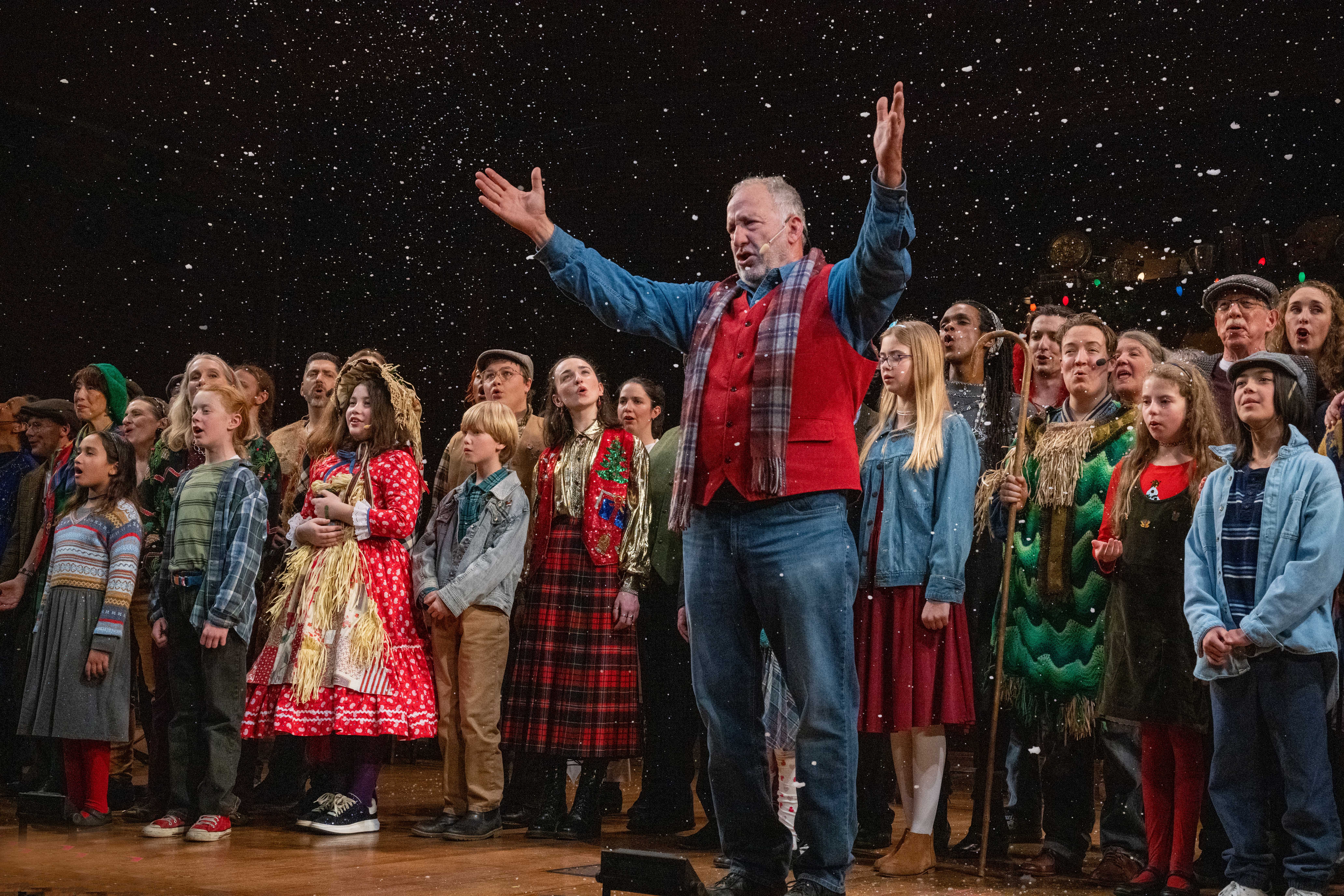
Read More
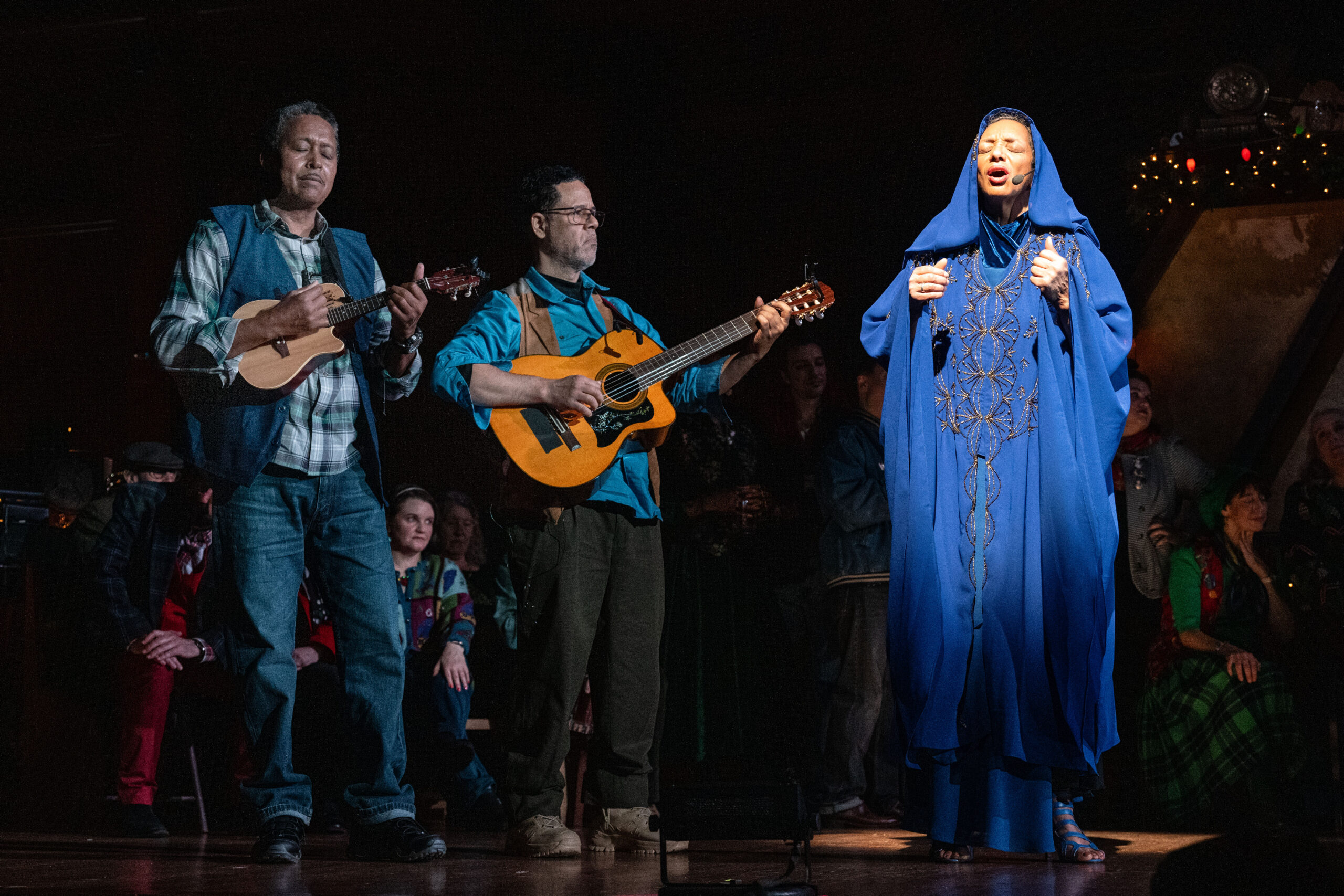
Read More

Read More
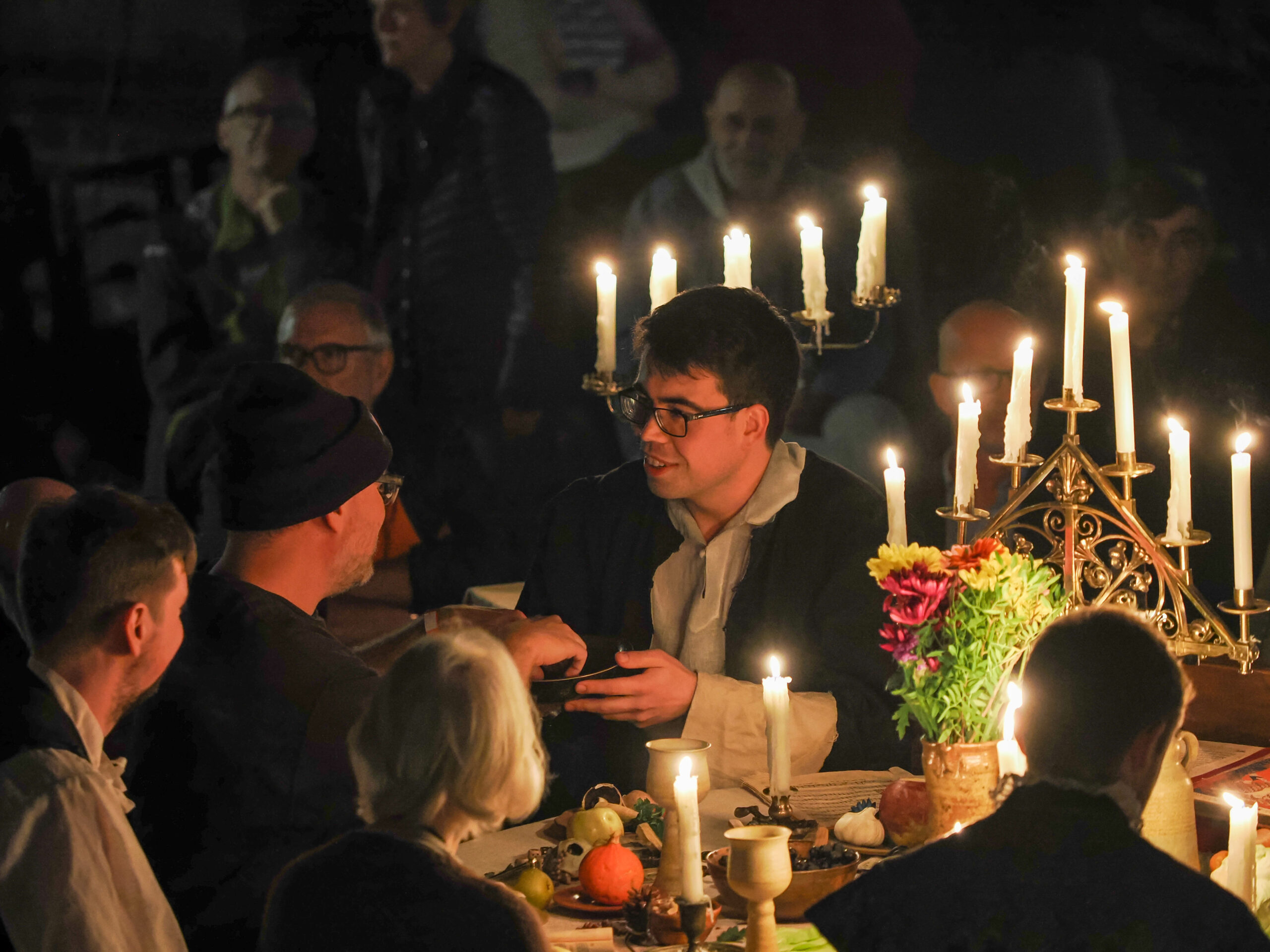
Read More
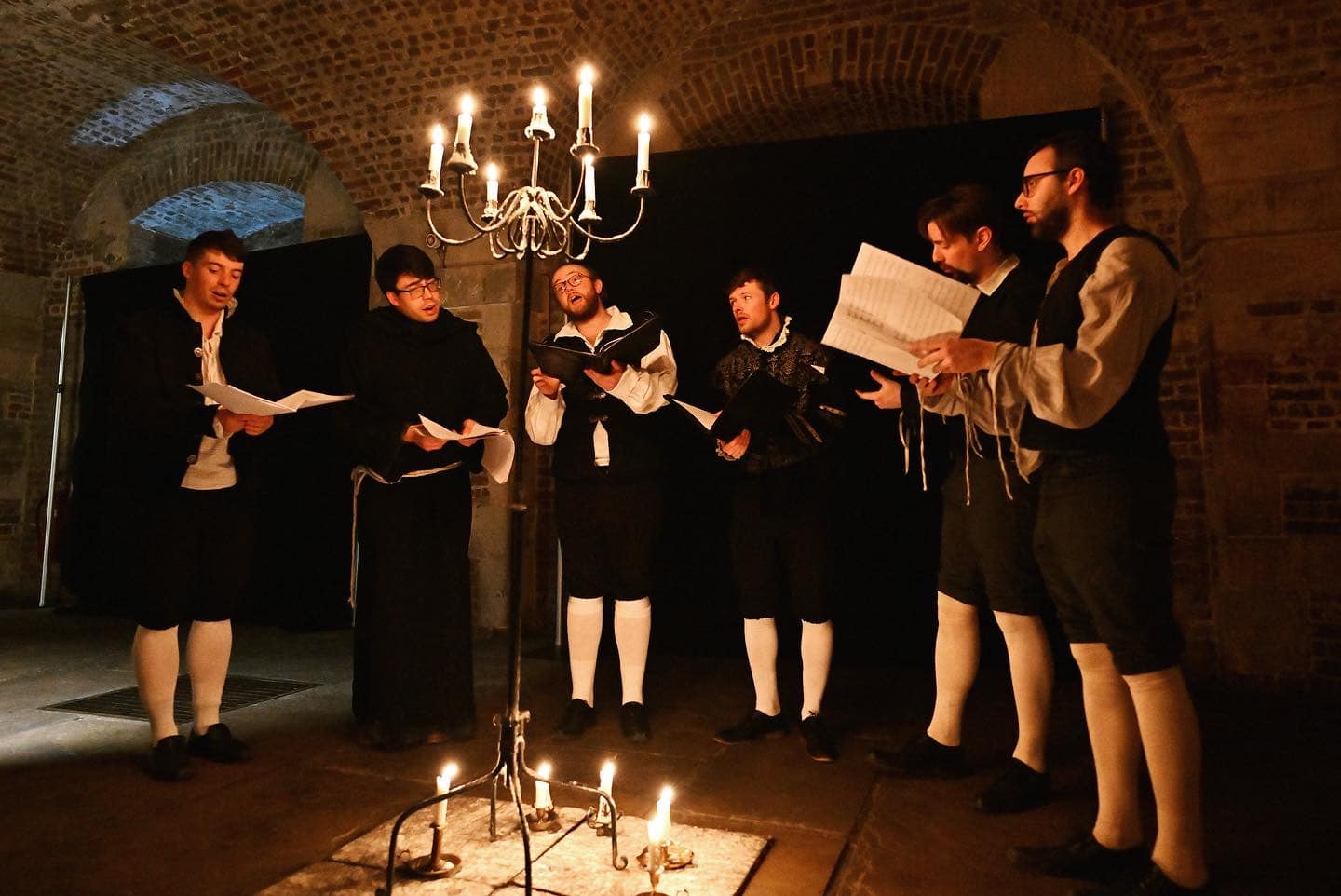
Read More
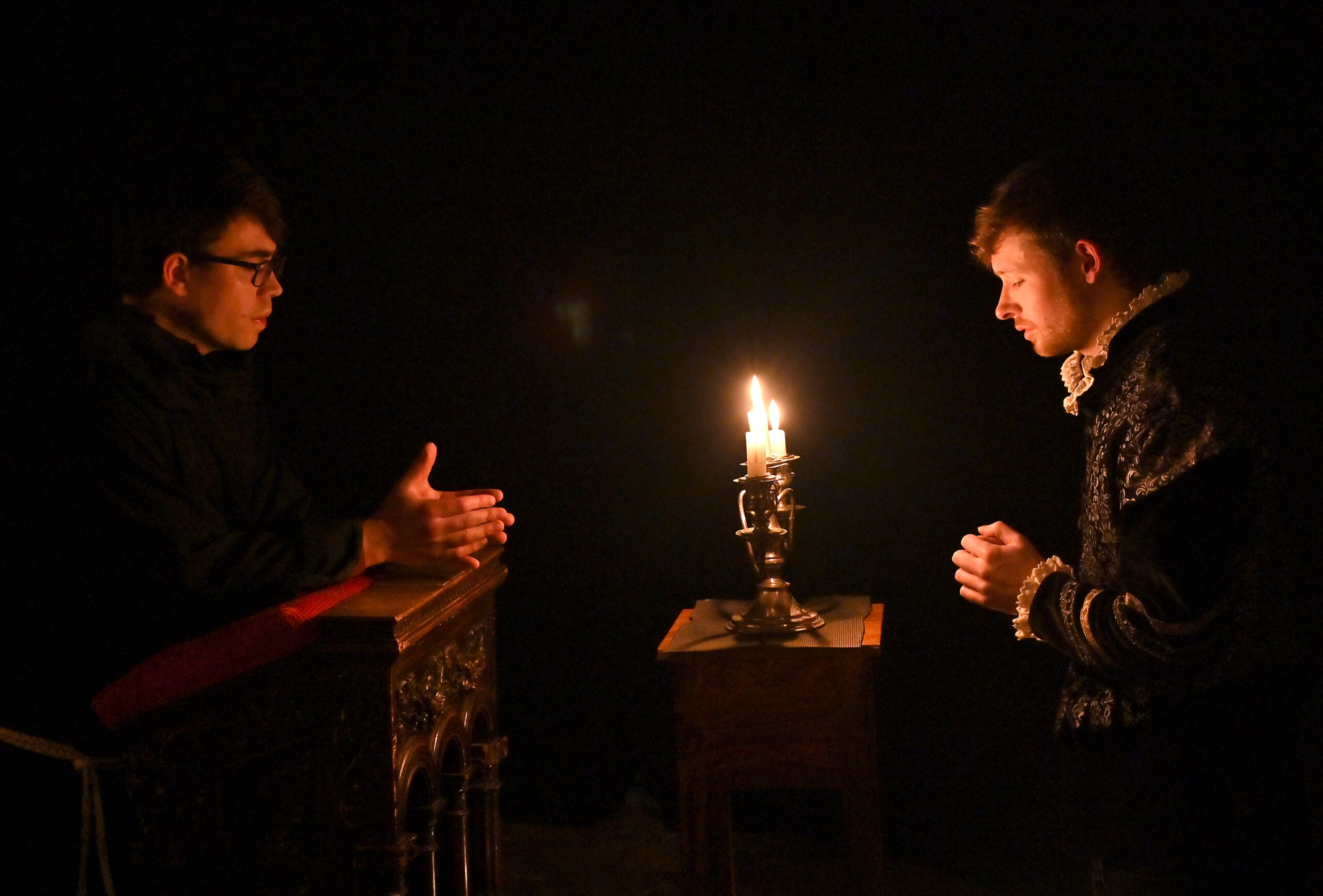
Read More
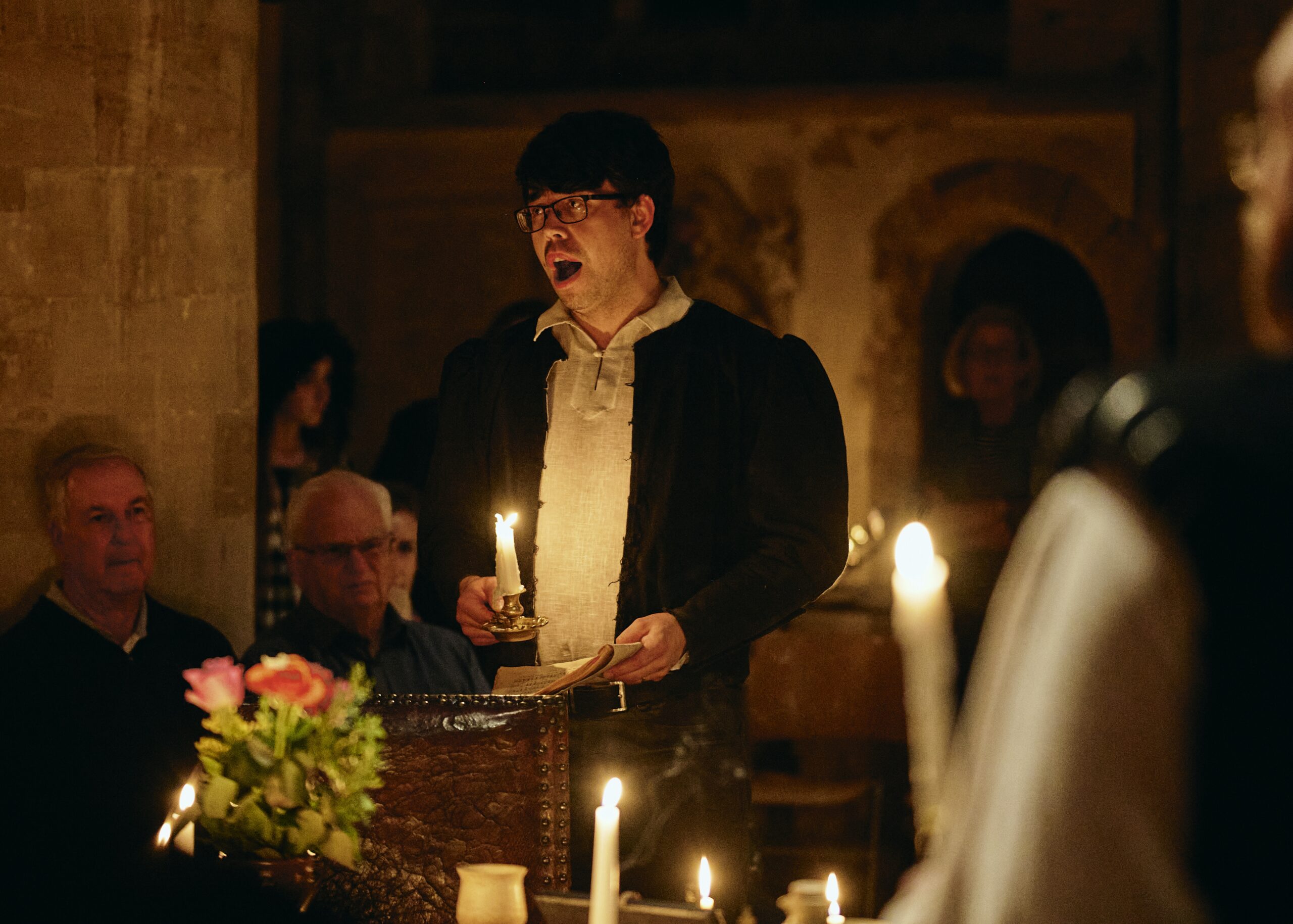
Read More
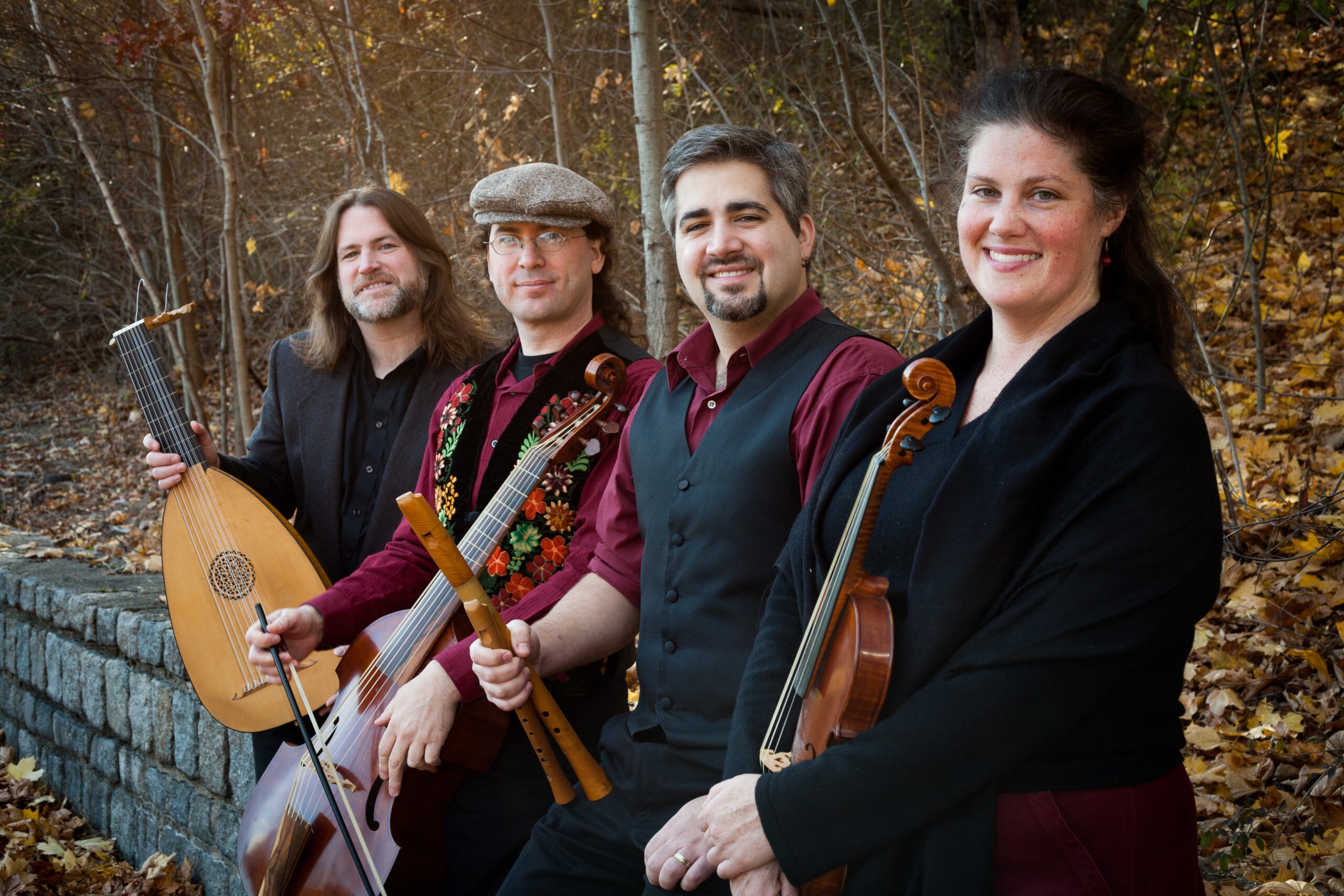
Read More
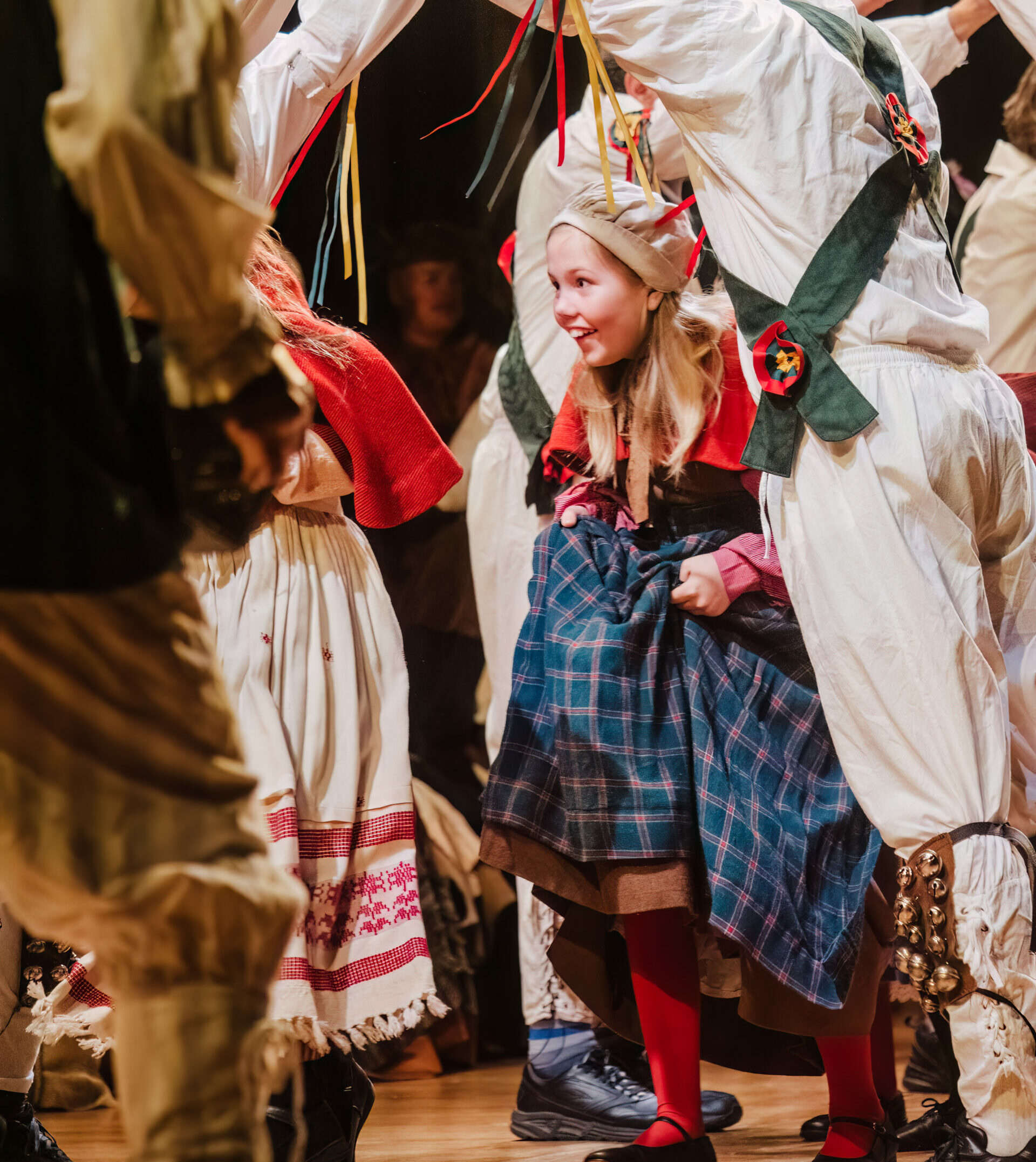
Read More
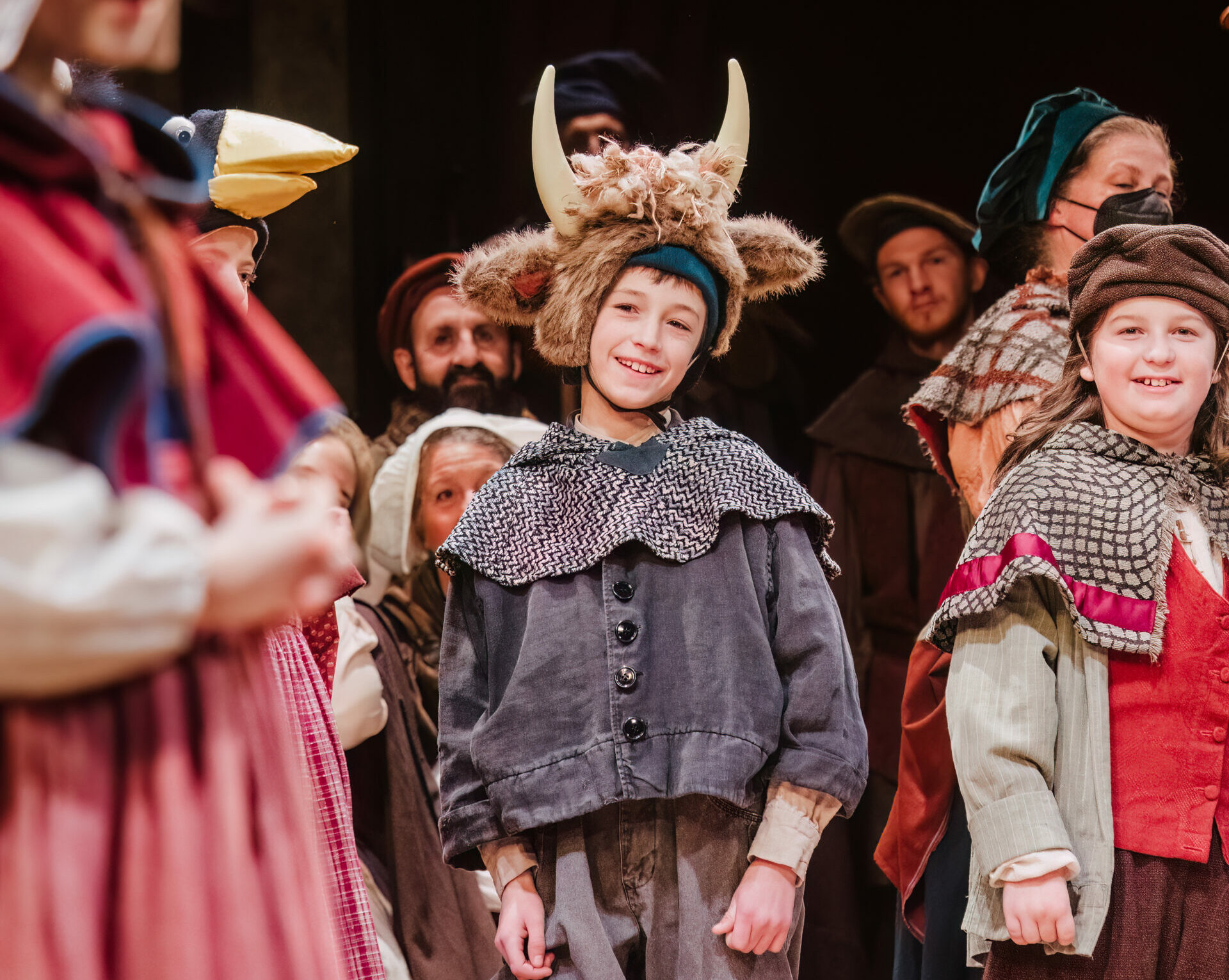
Read More
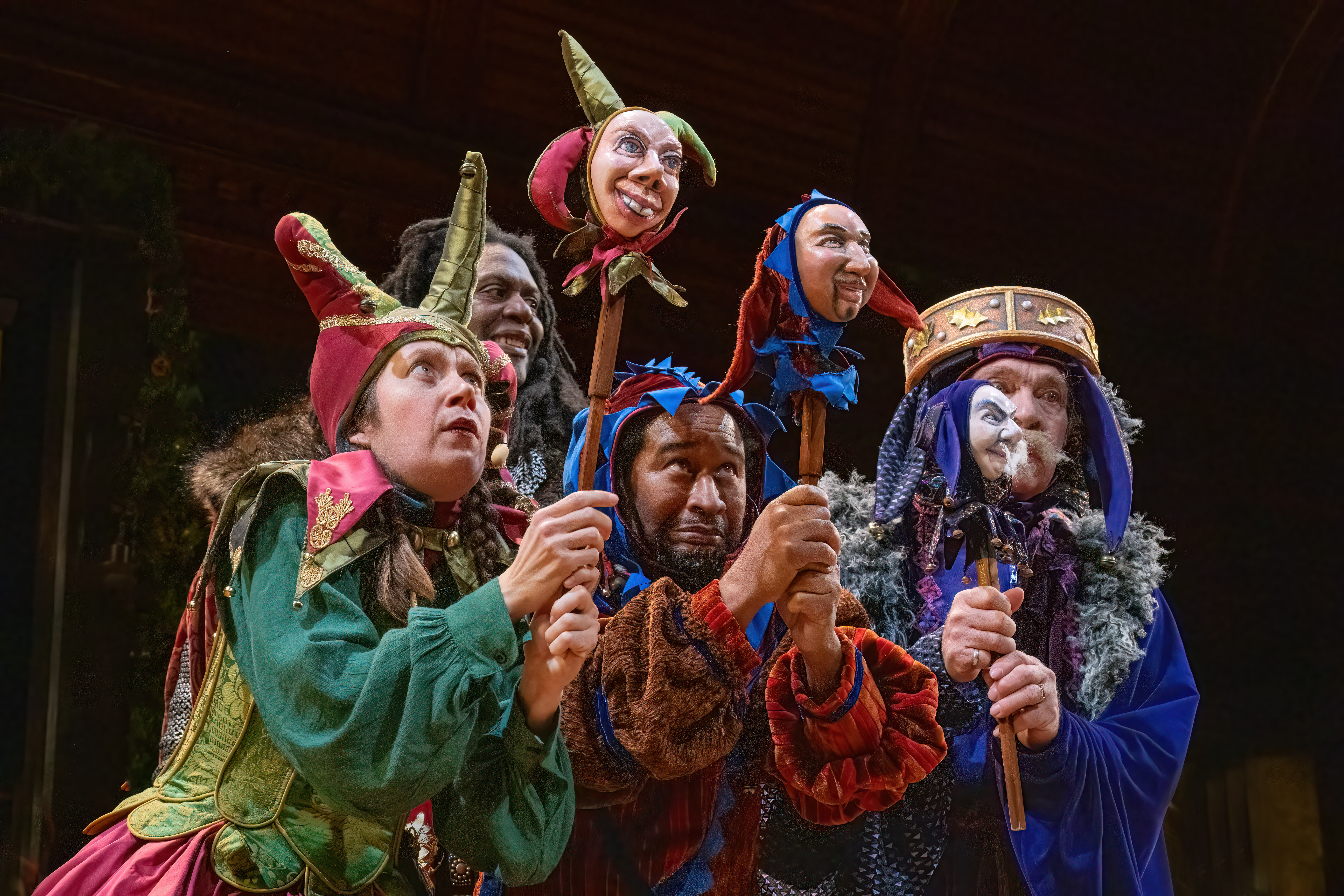
Read More
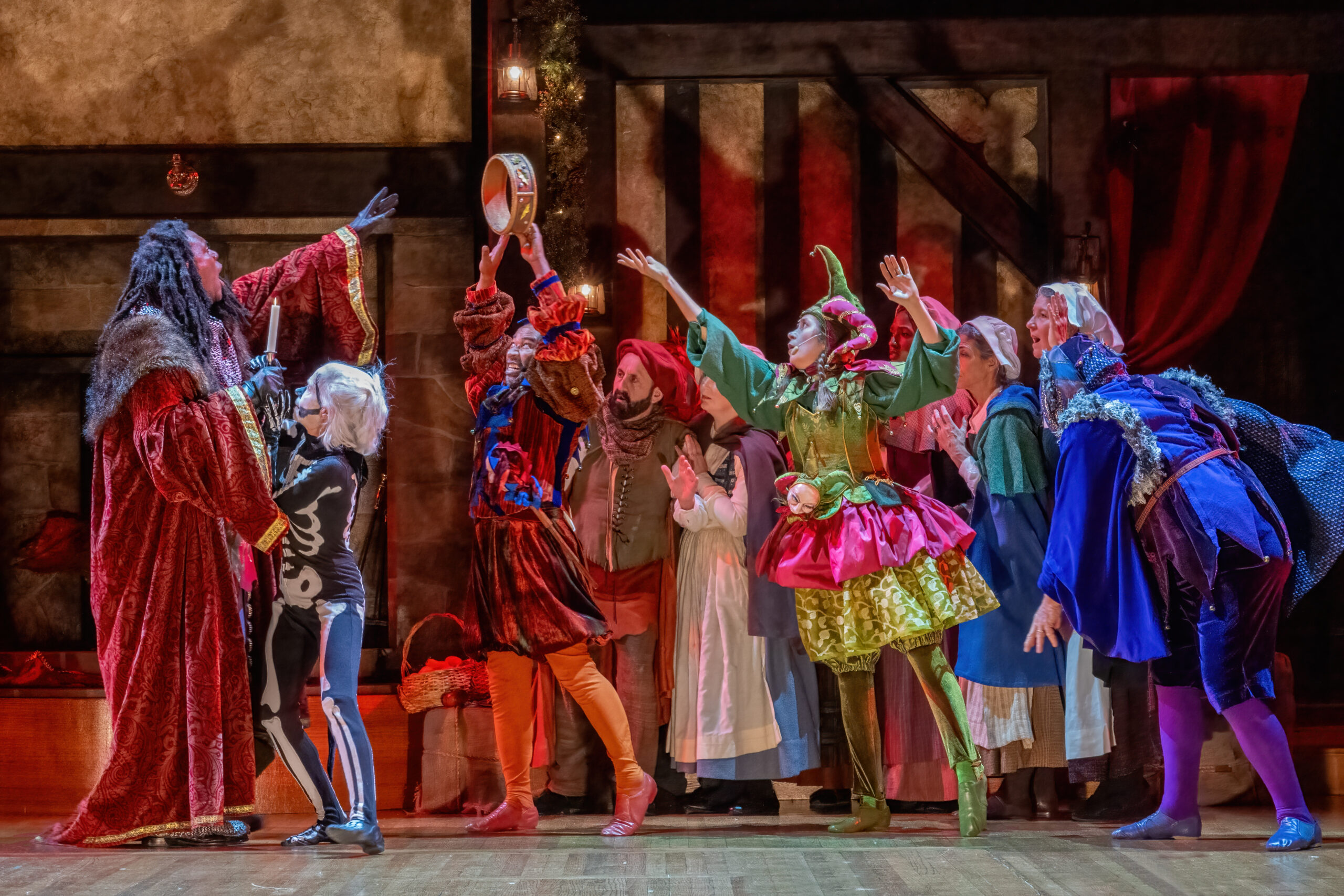
Read More
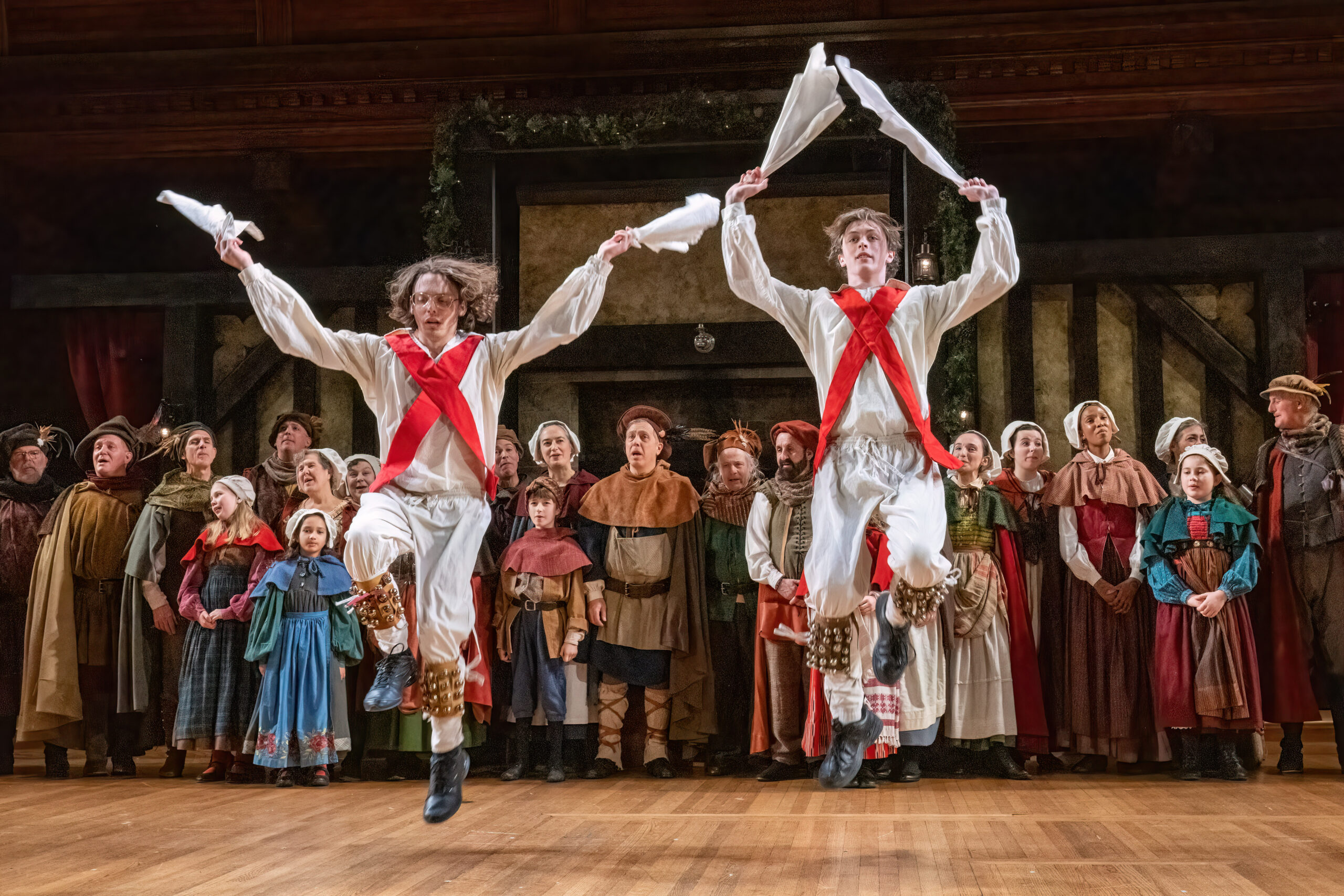
Read More
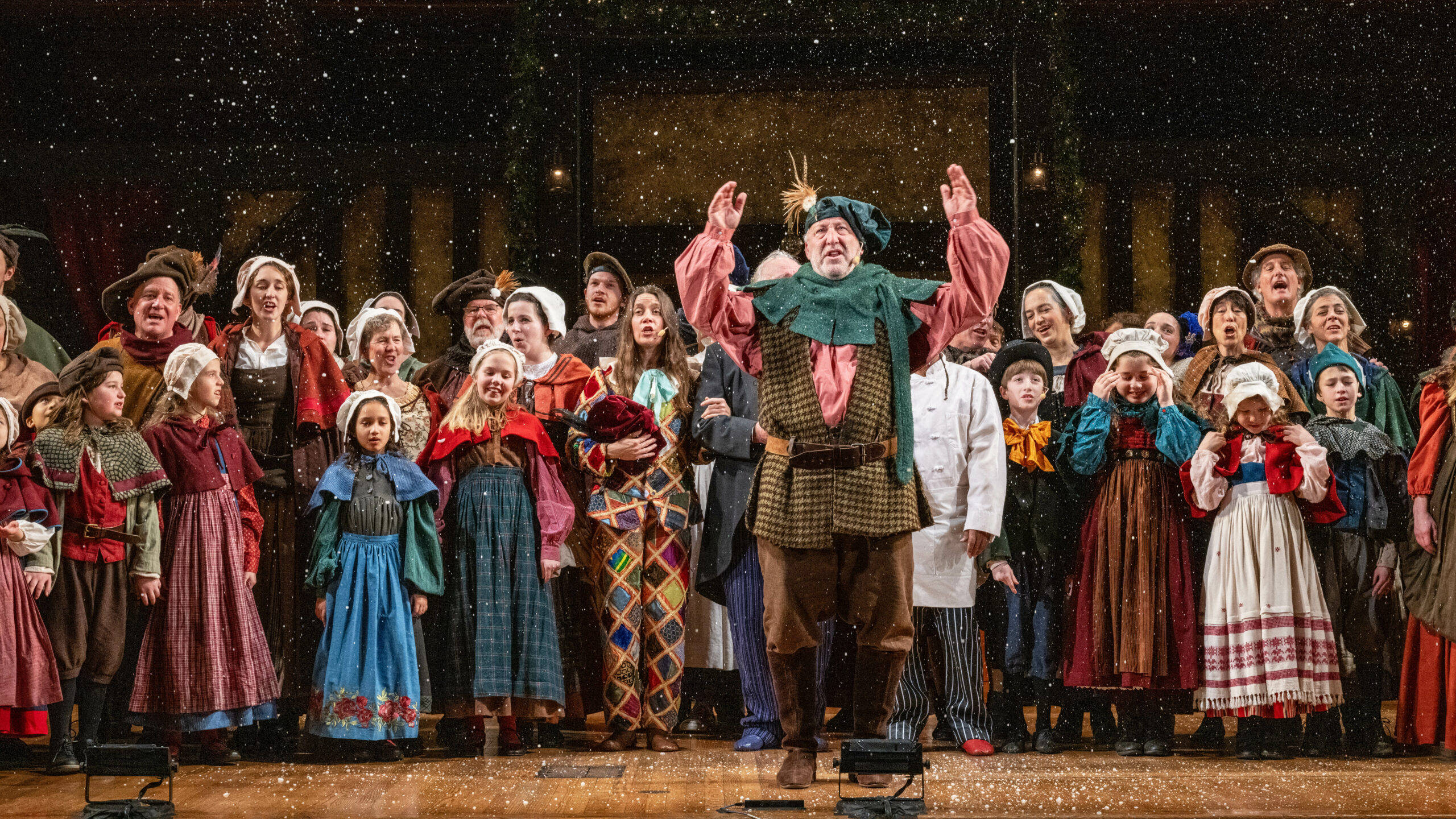
Read More
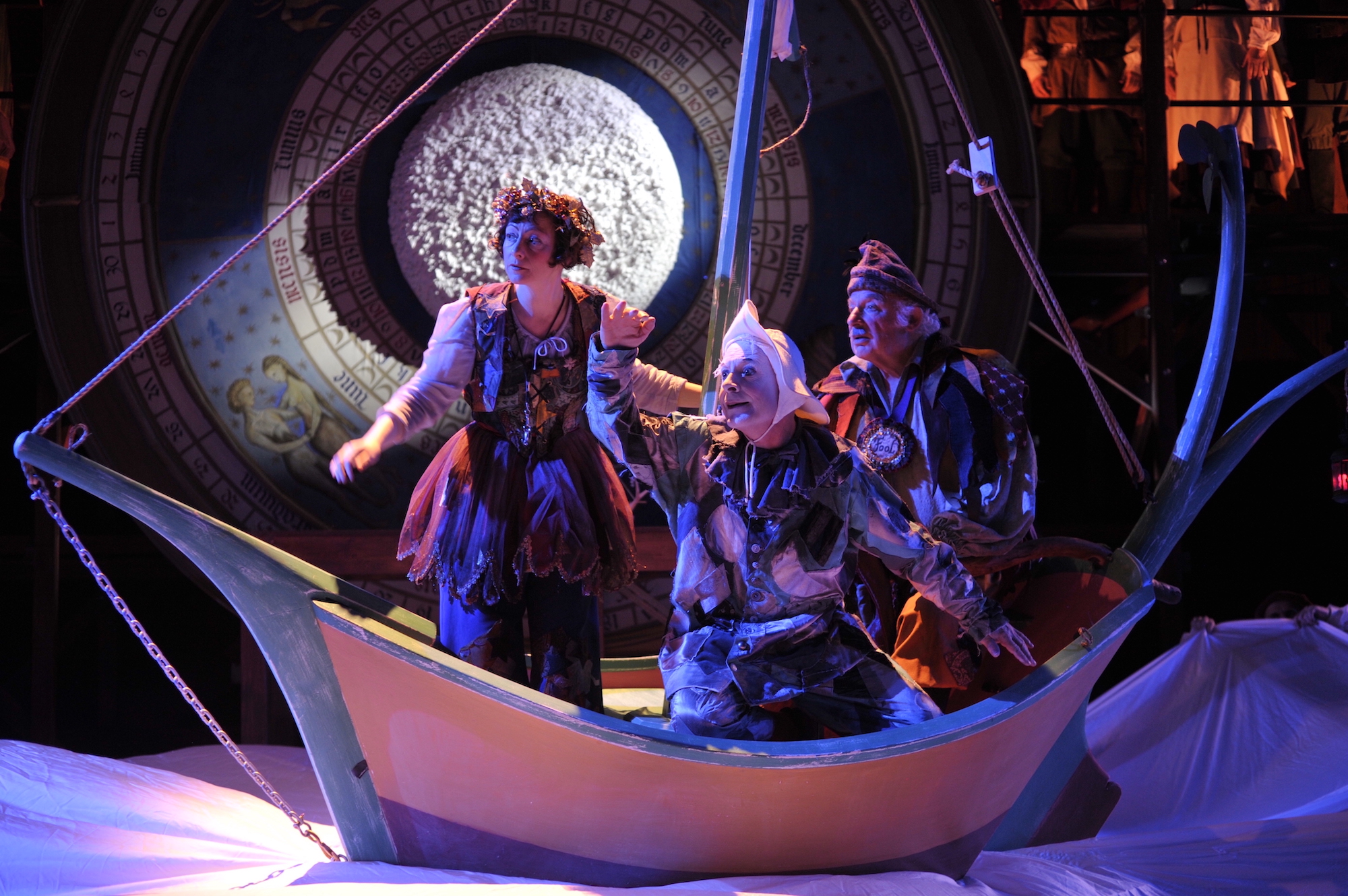
Read More
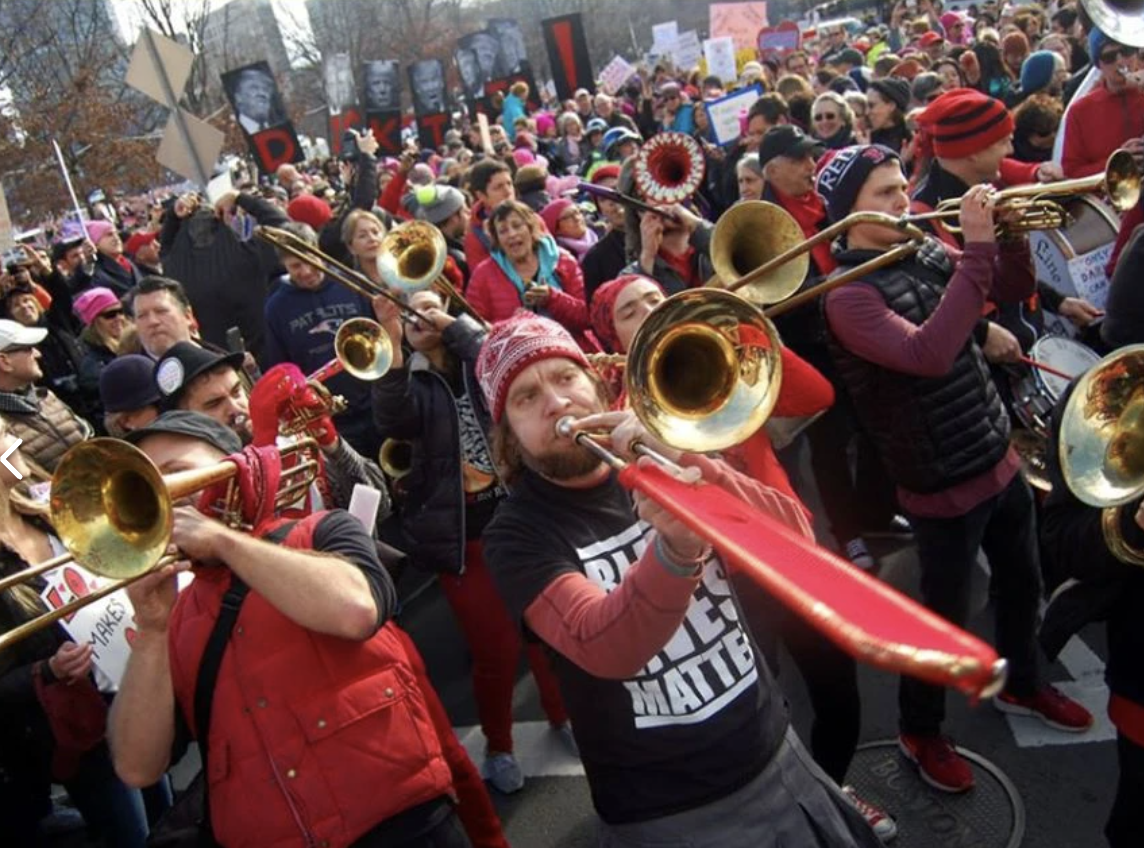
Read More

Read More
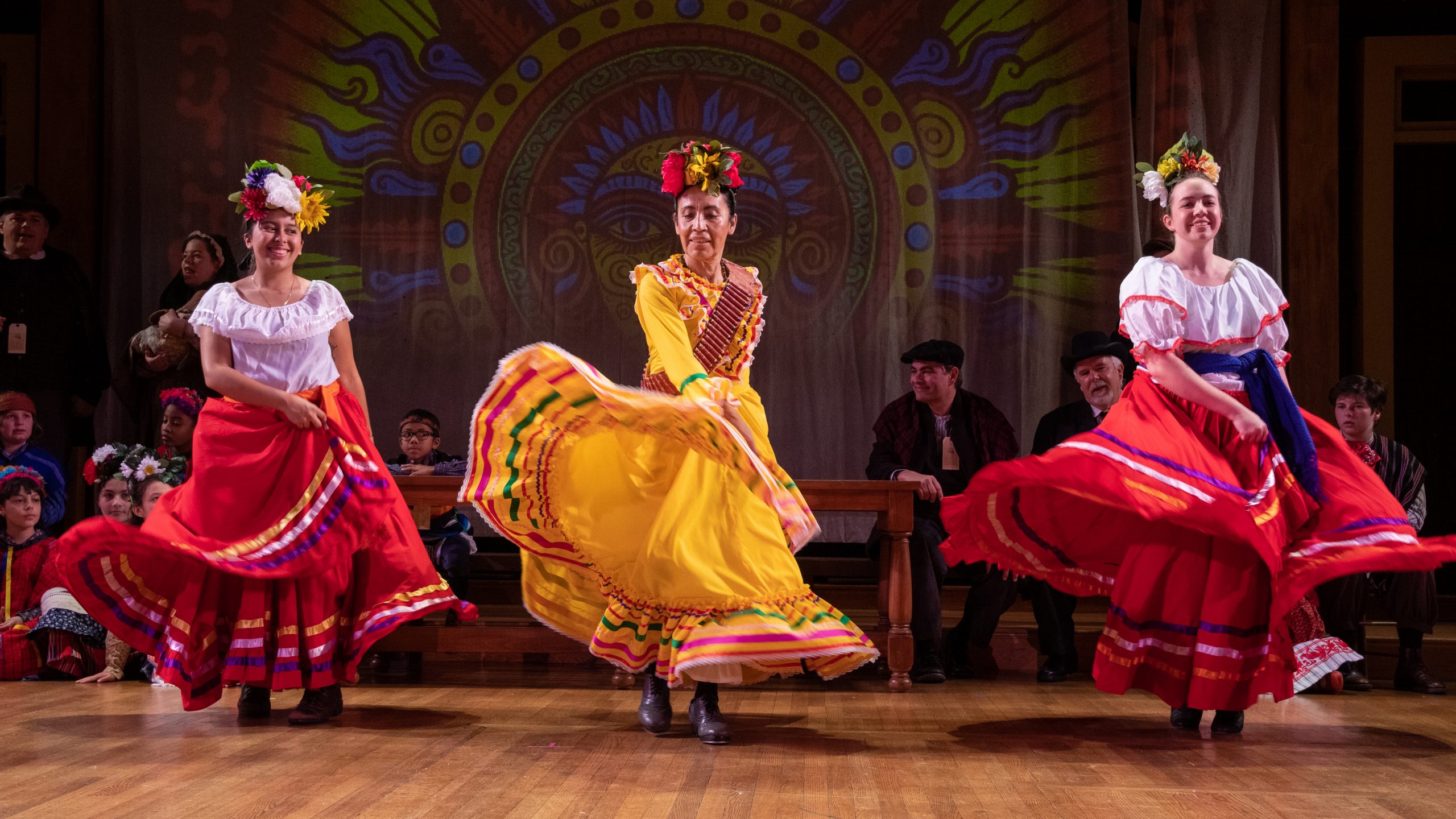
Read More
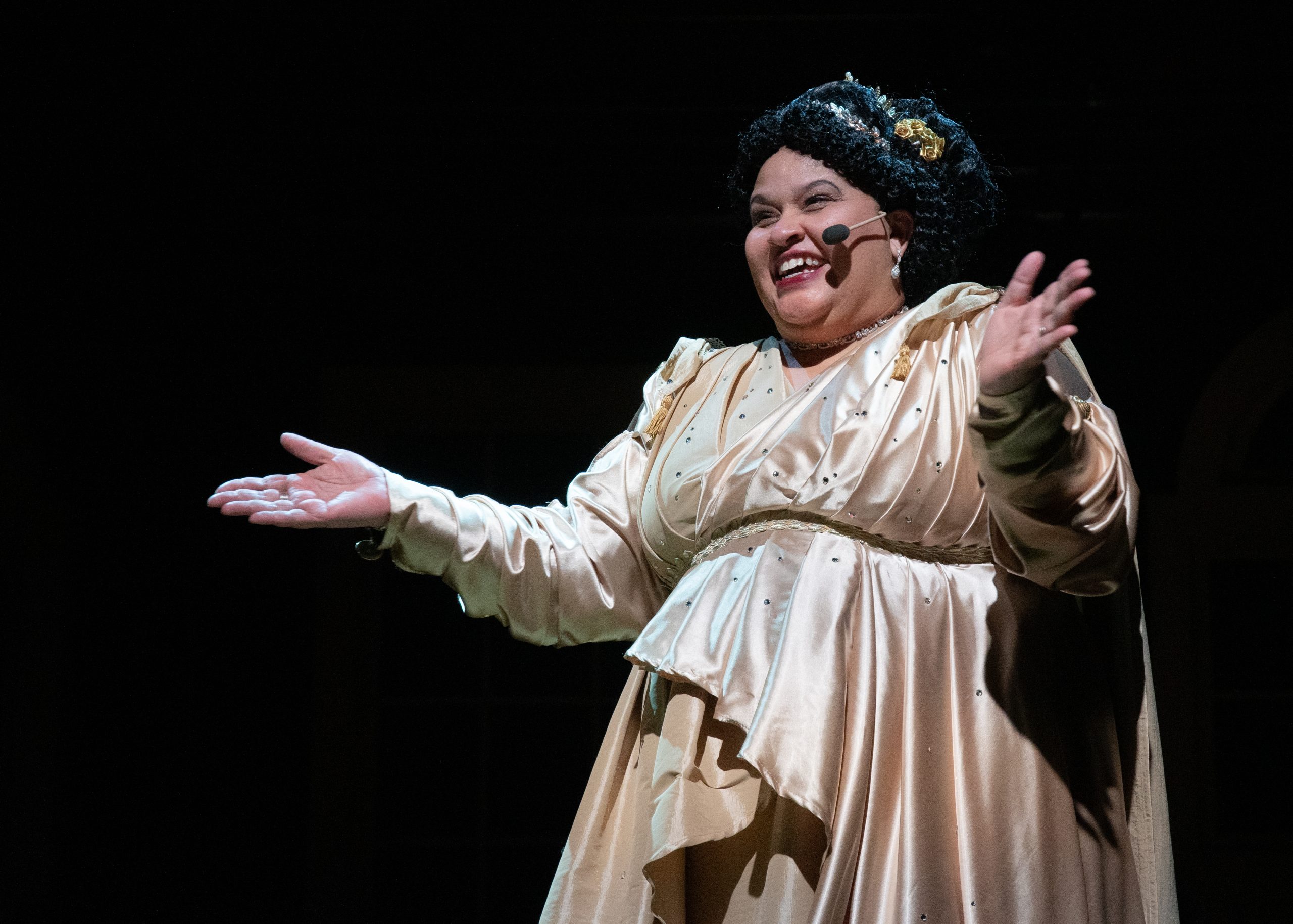
Read More
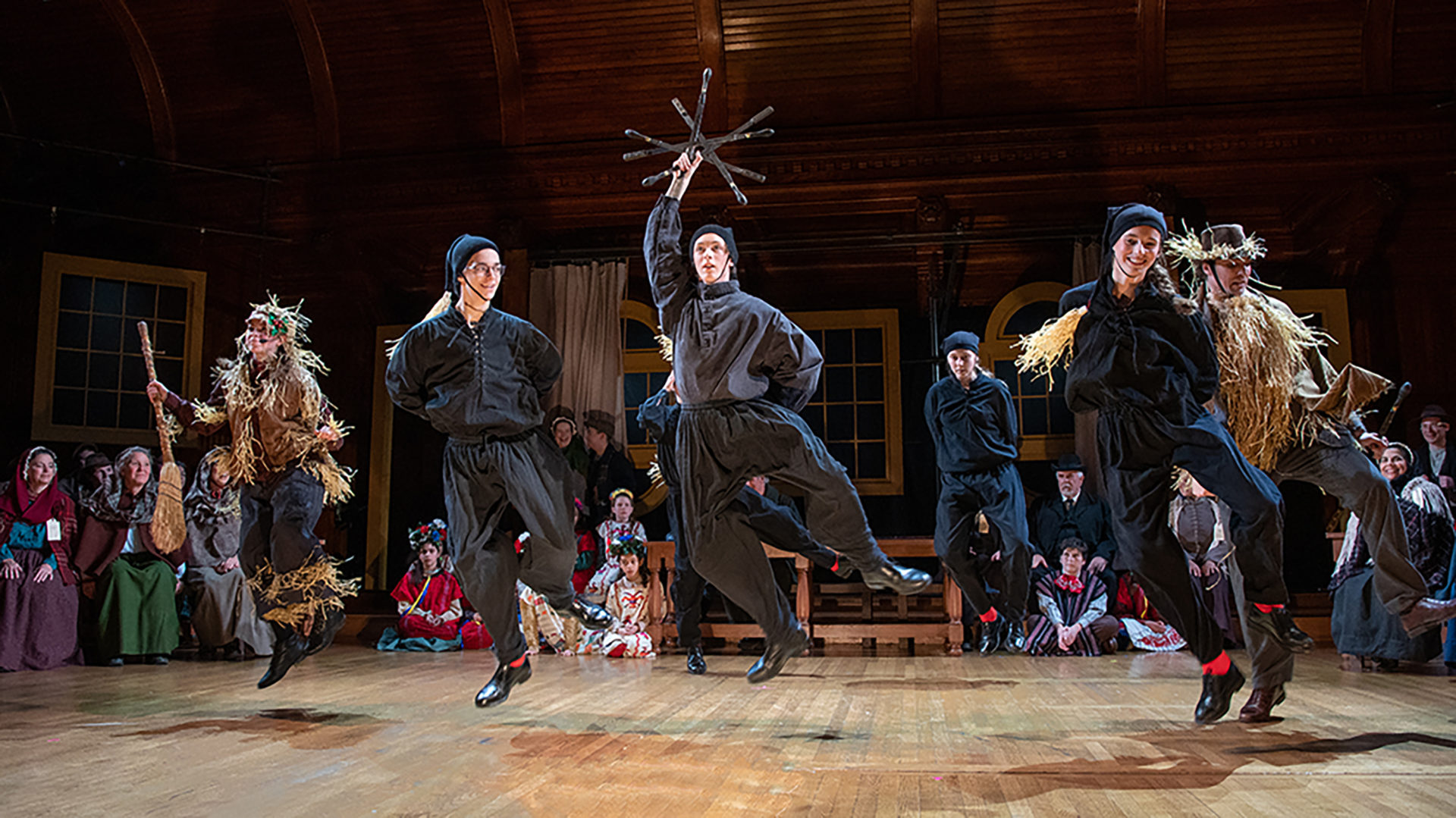
Read More
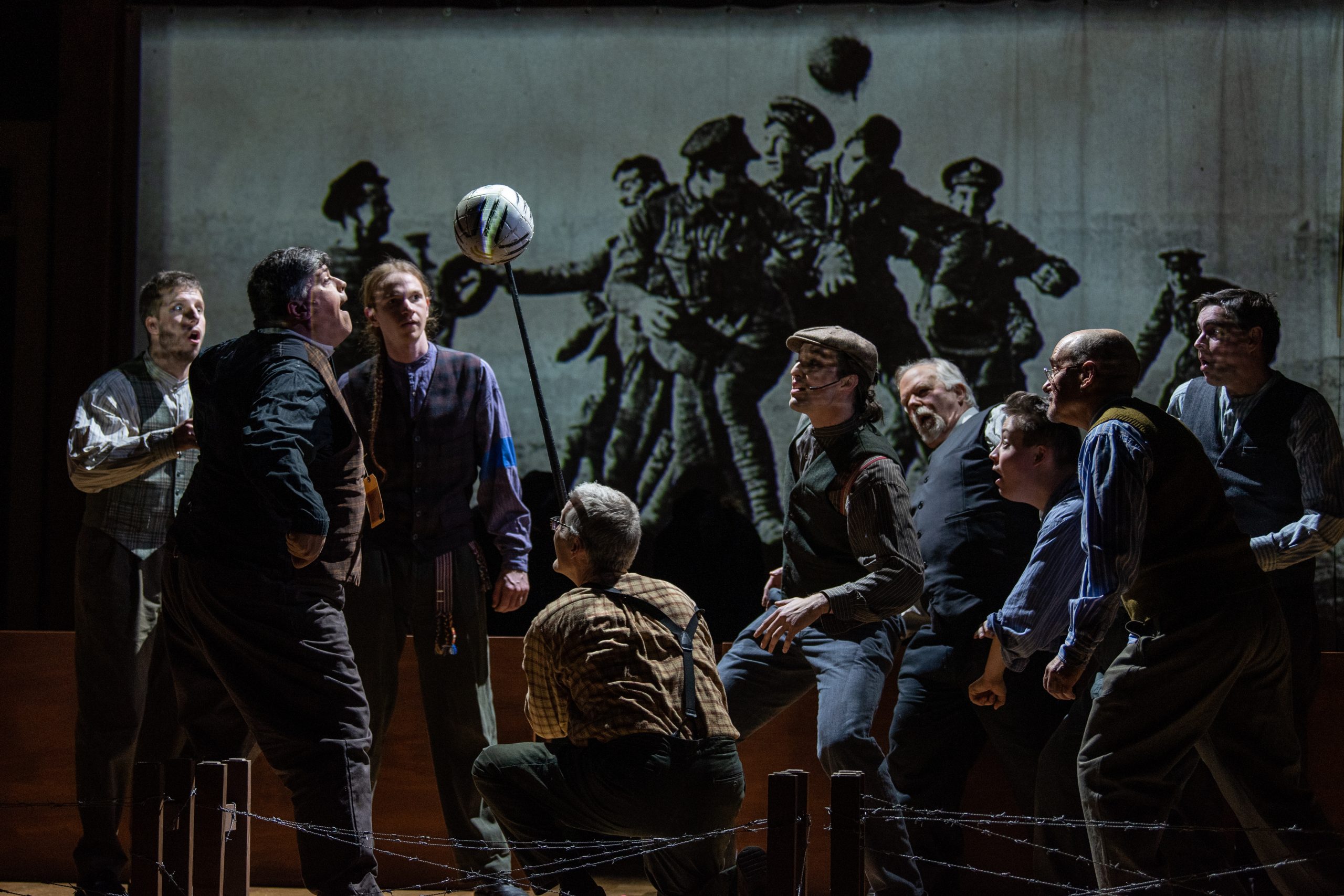
Read More

Read More
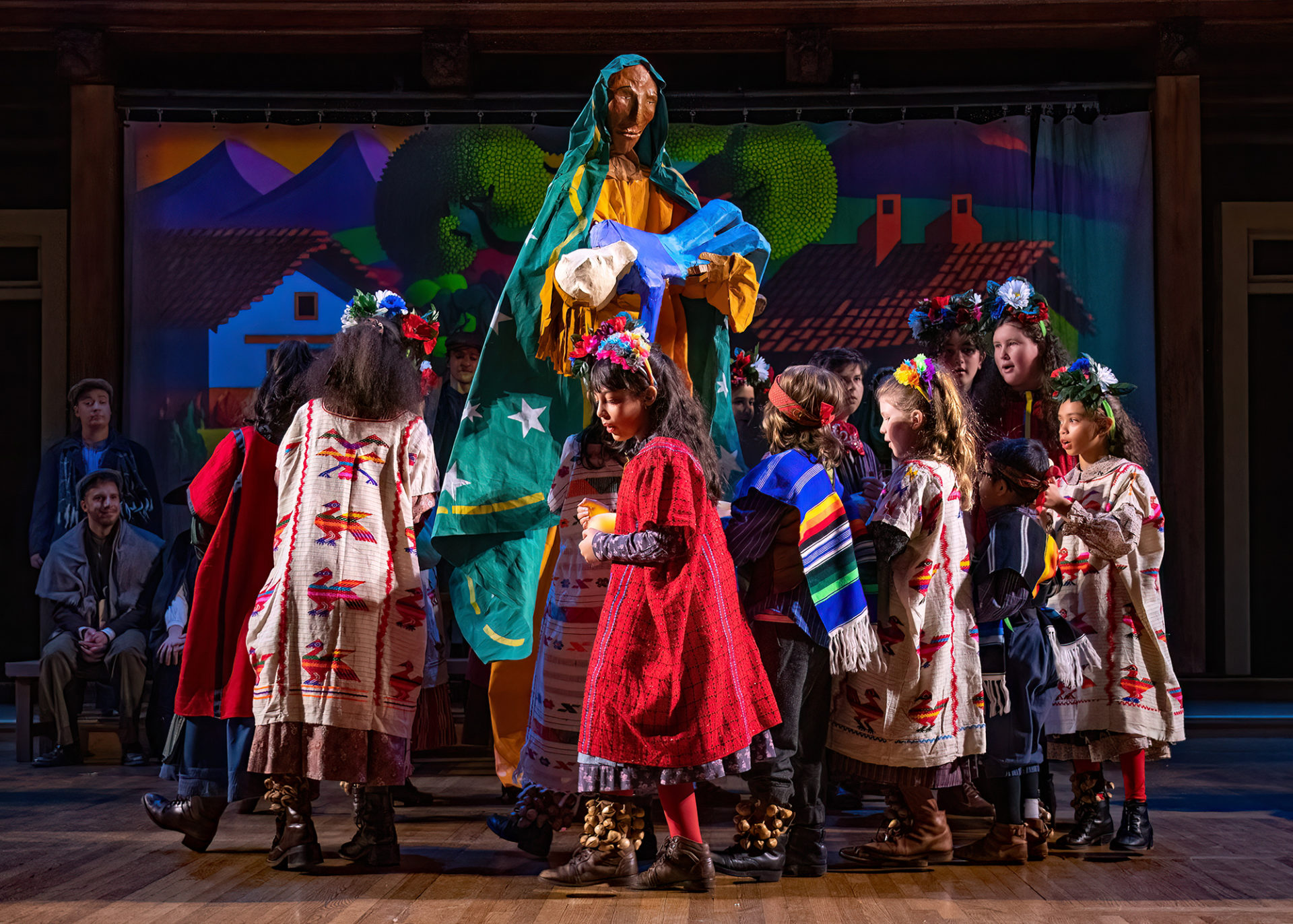
Read More
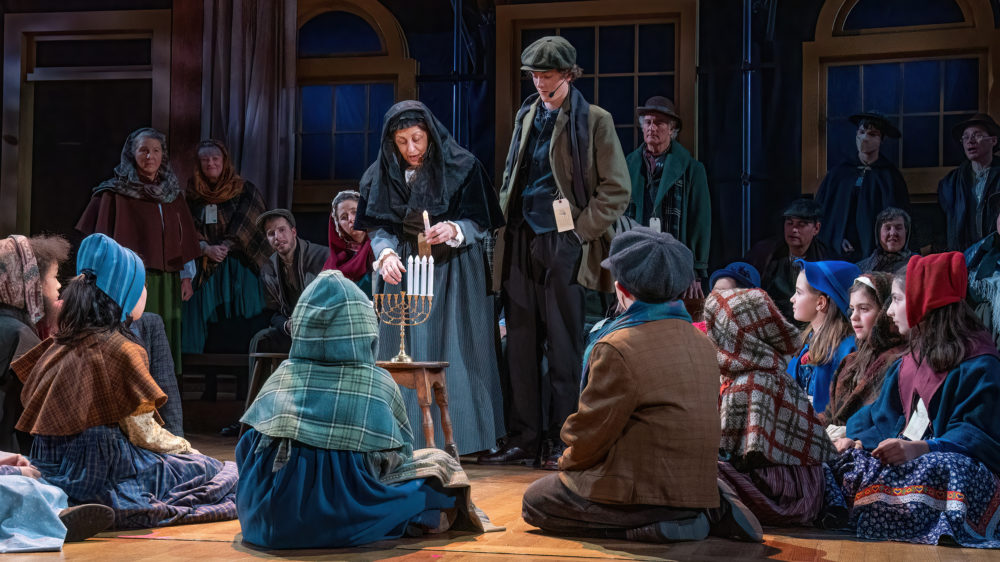
Read More
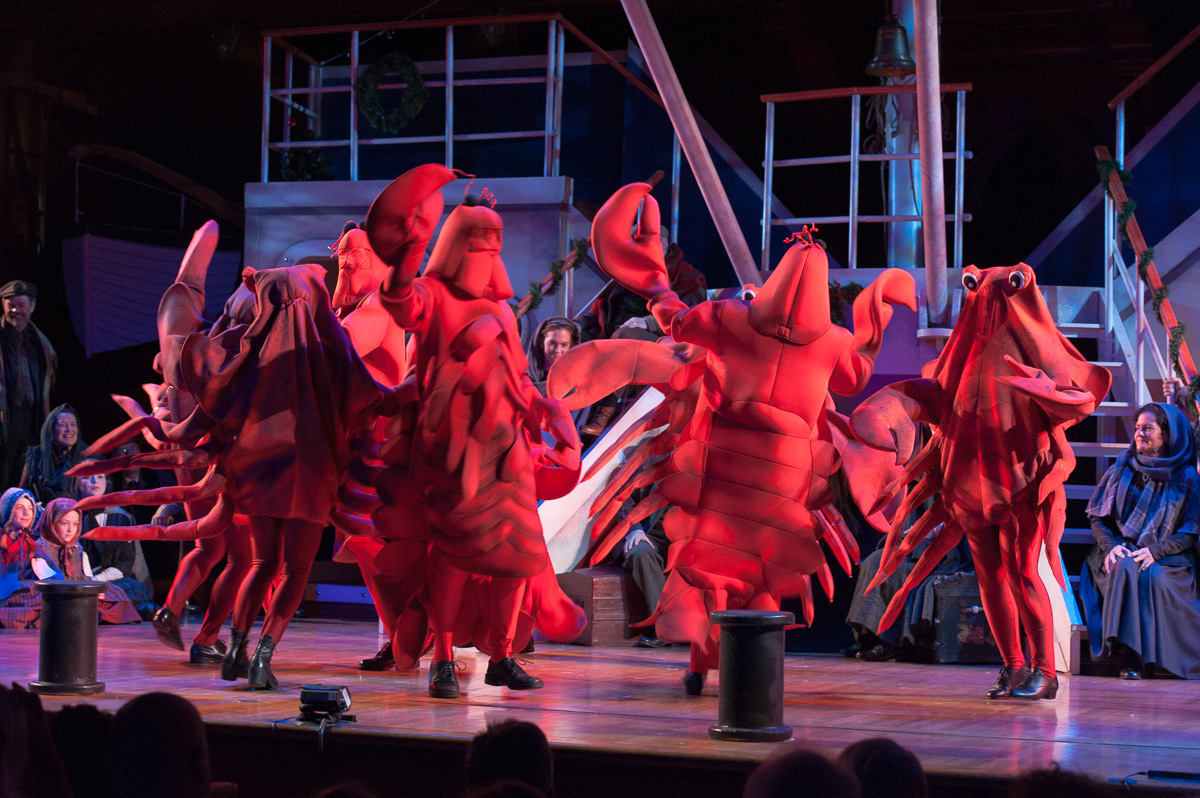
Read More
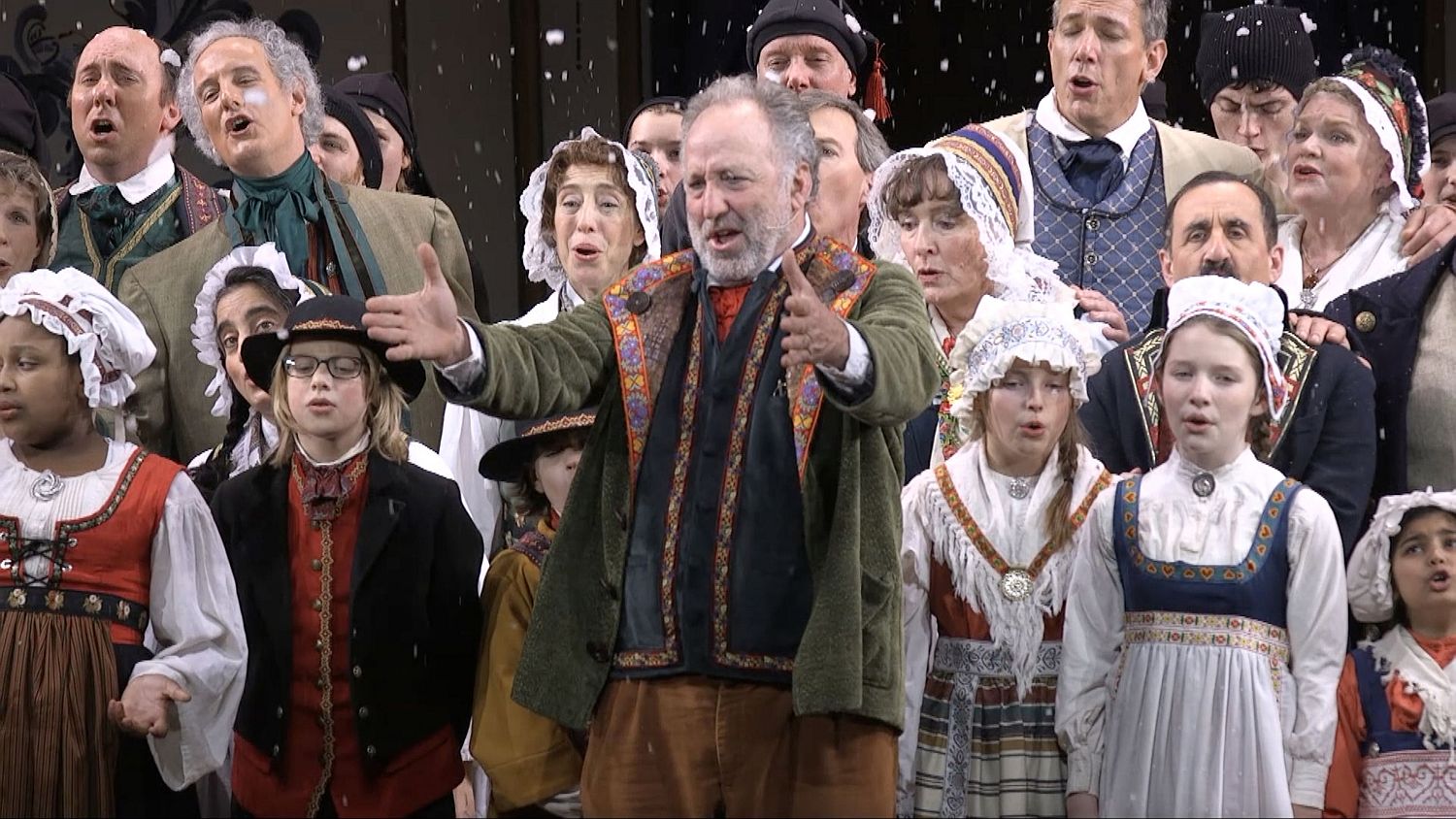
Read More

Read More

Read More

Read More

Read More

Read More
Read More
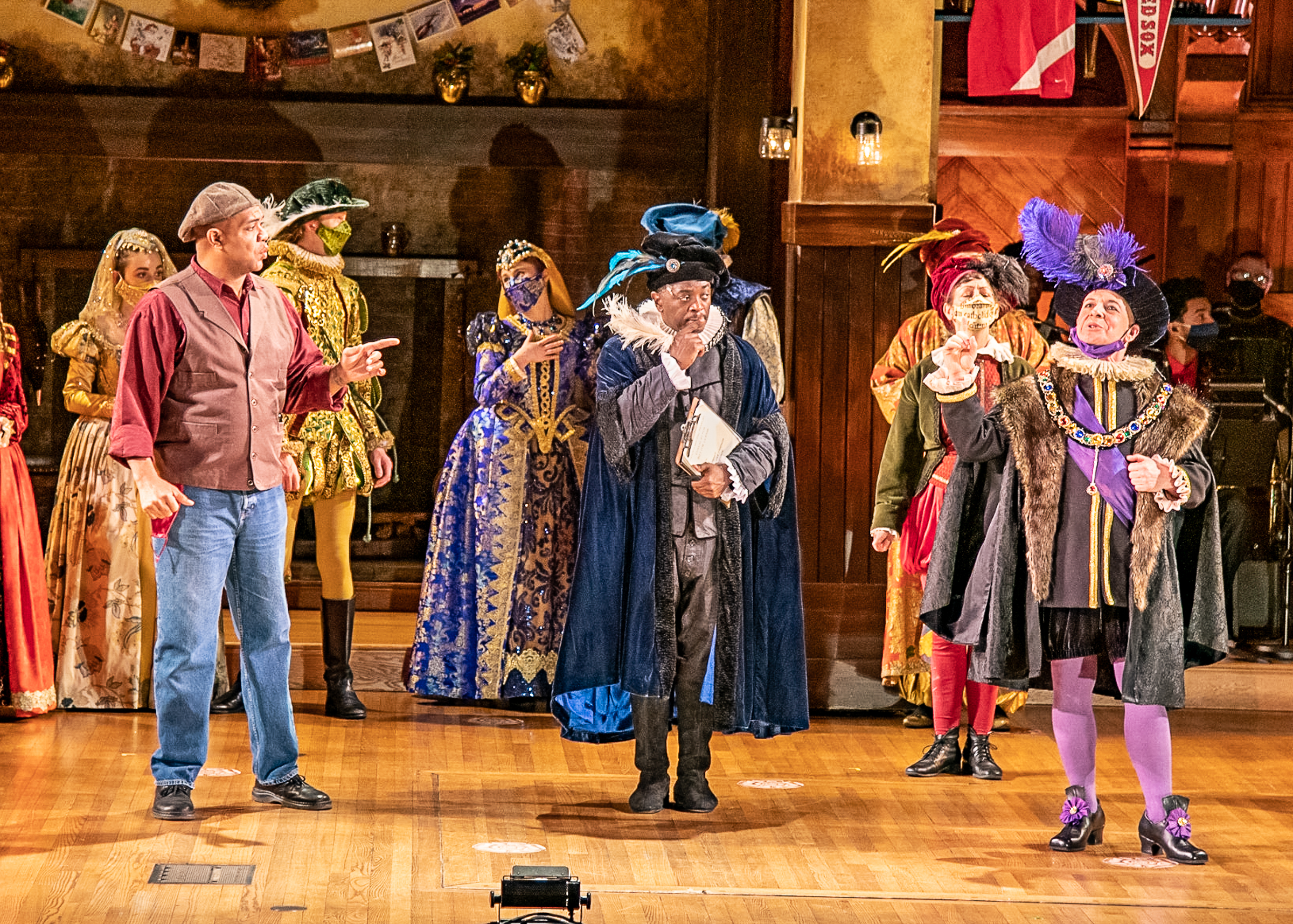
Read More
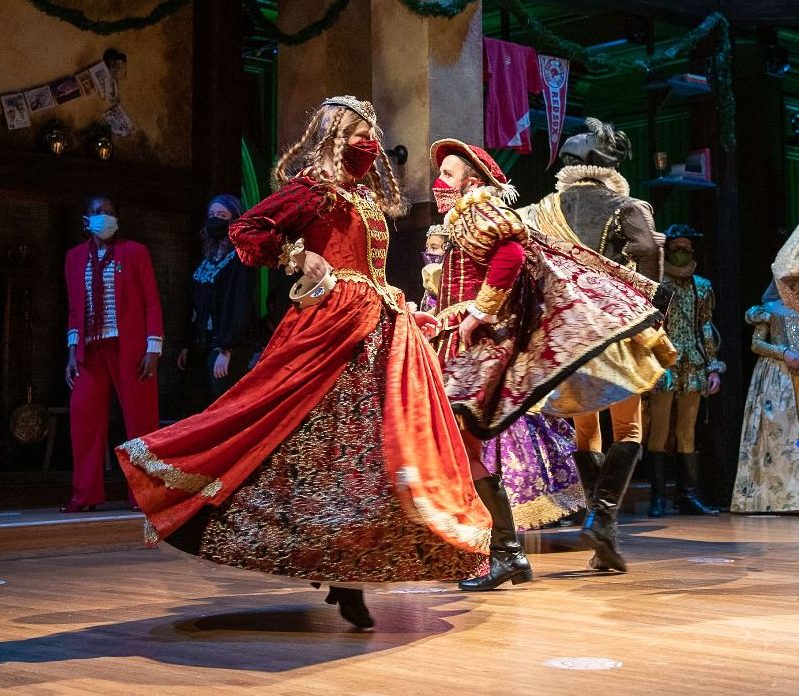
Read More
Read More
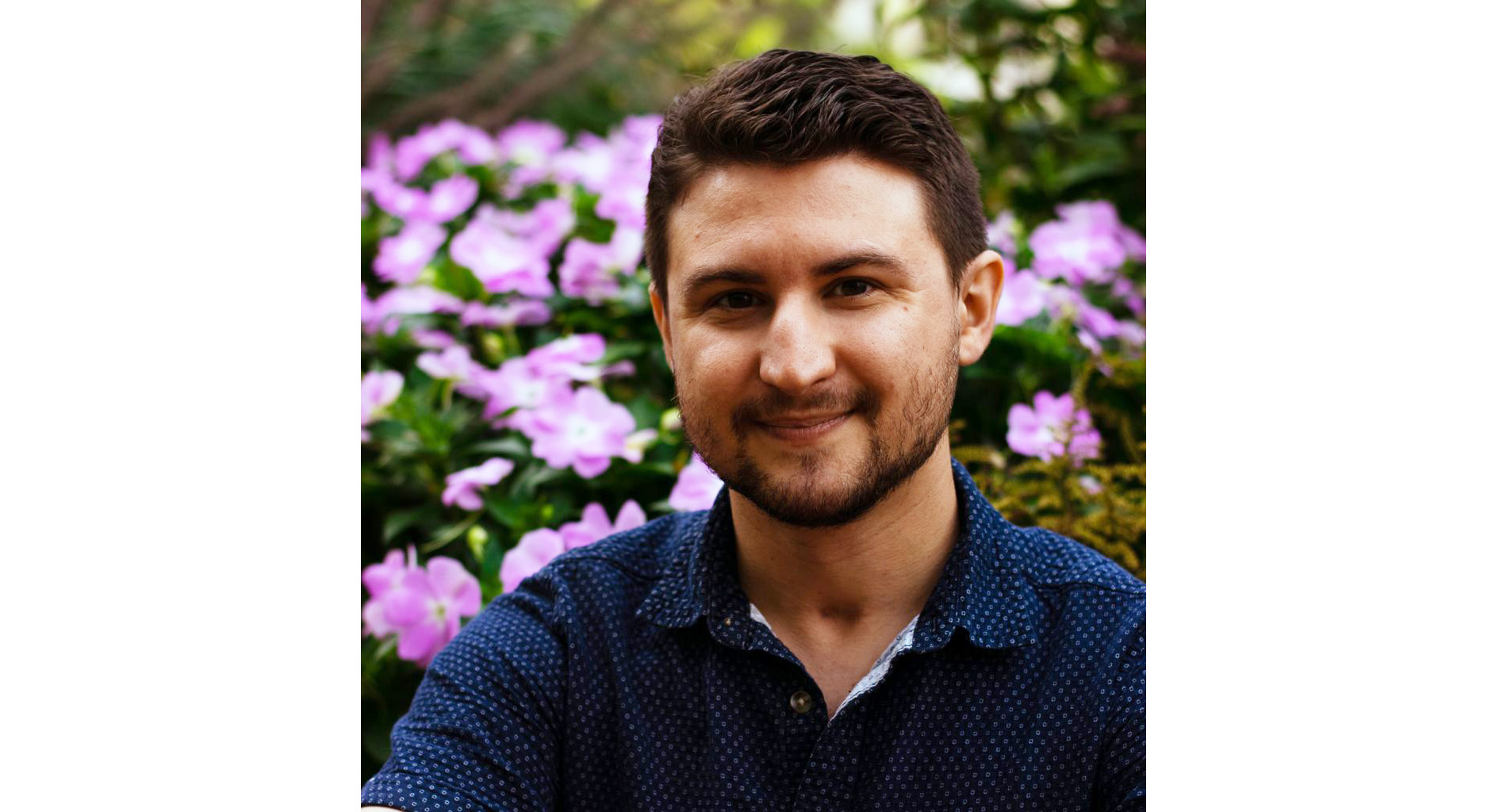
Read More
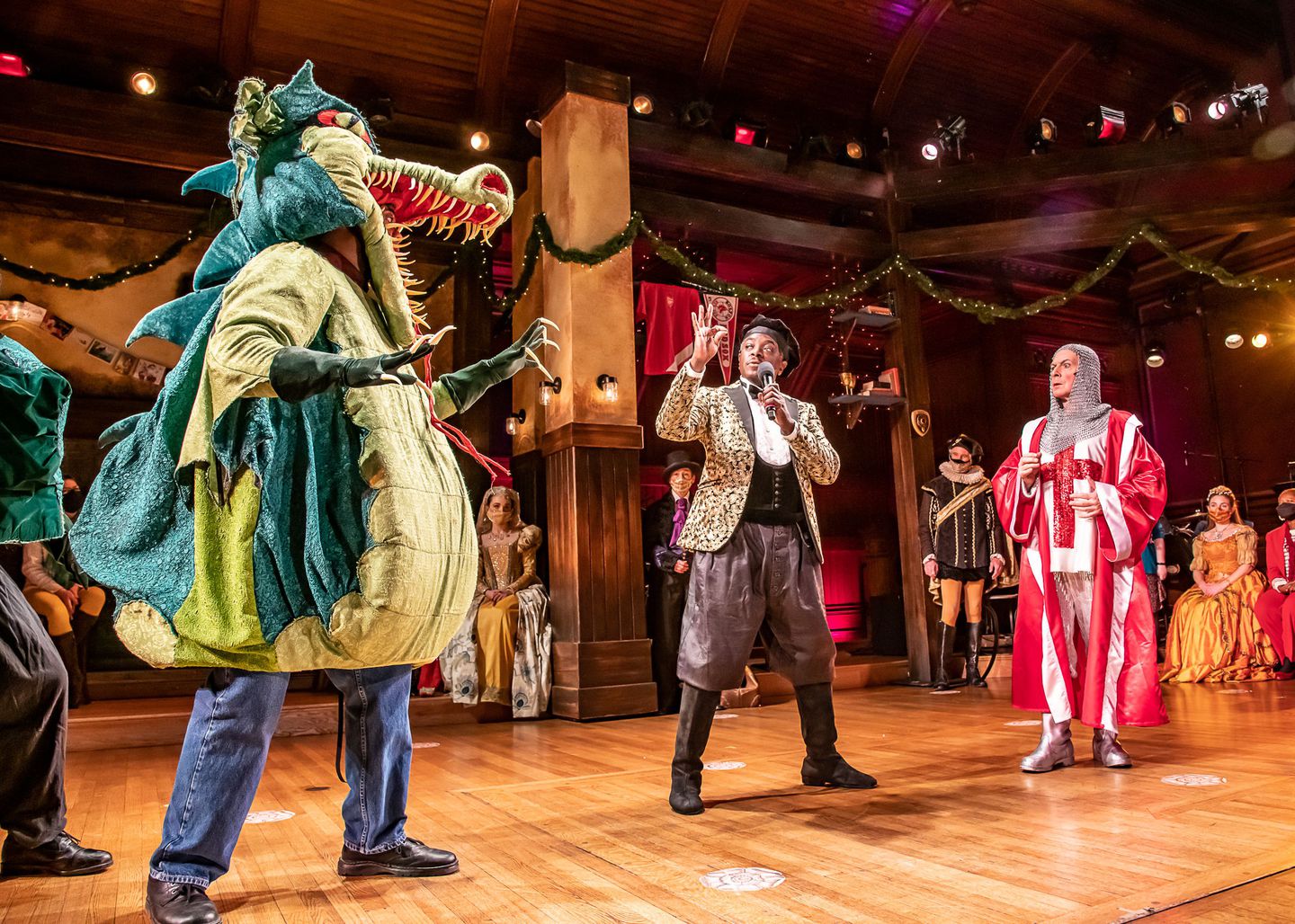
Read More
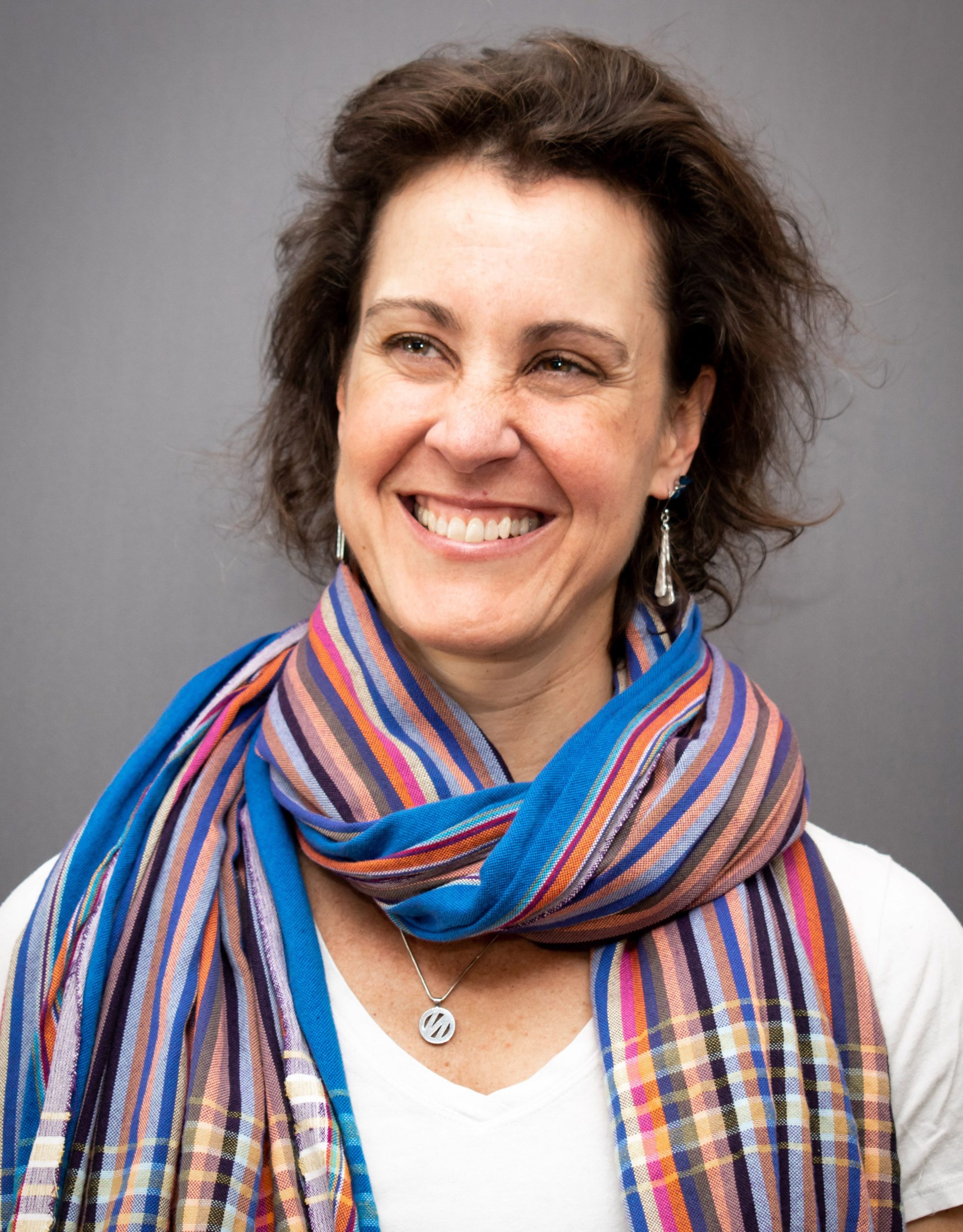
Read More
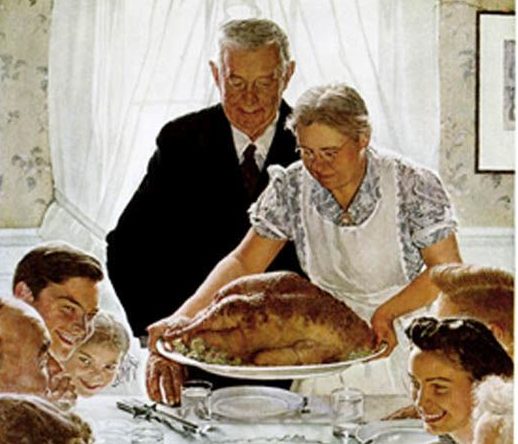
Read More
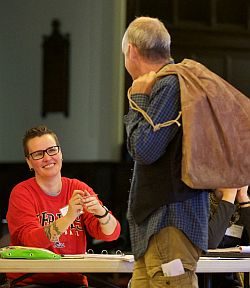
Read More
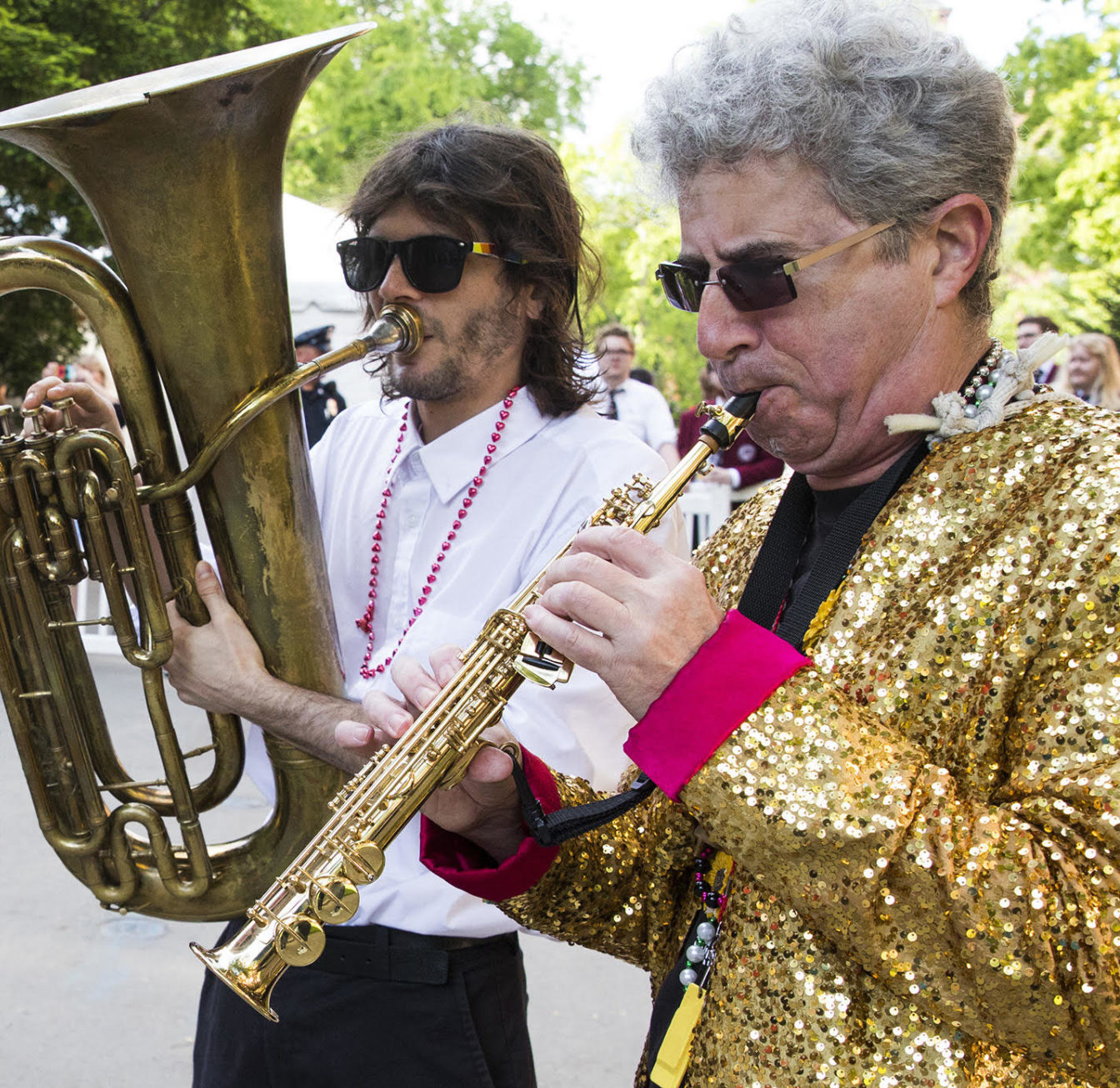
Read More
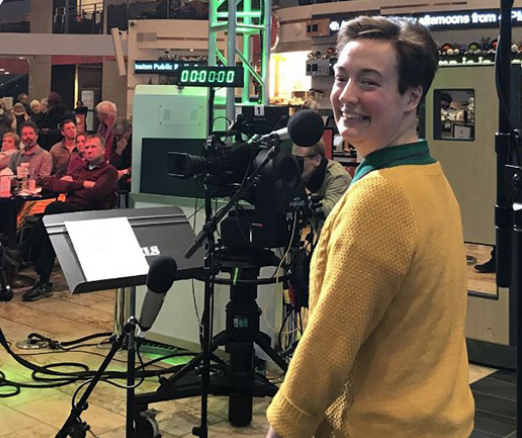
Read More

Read More
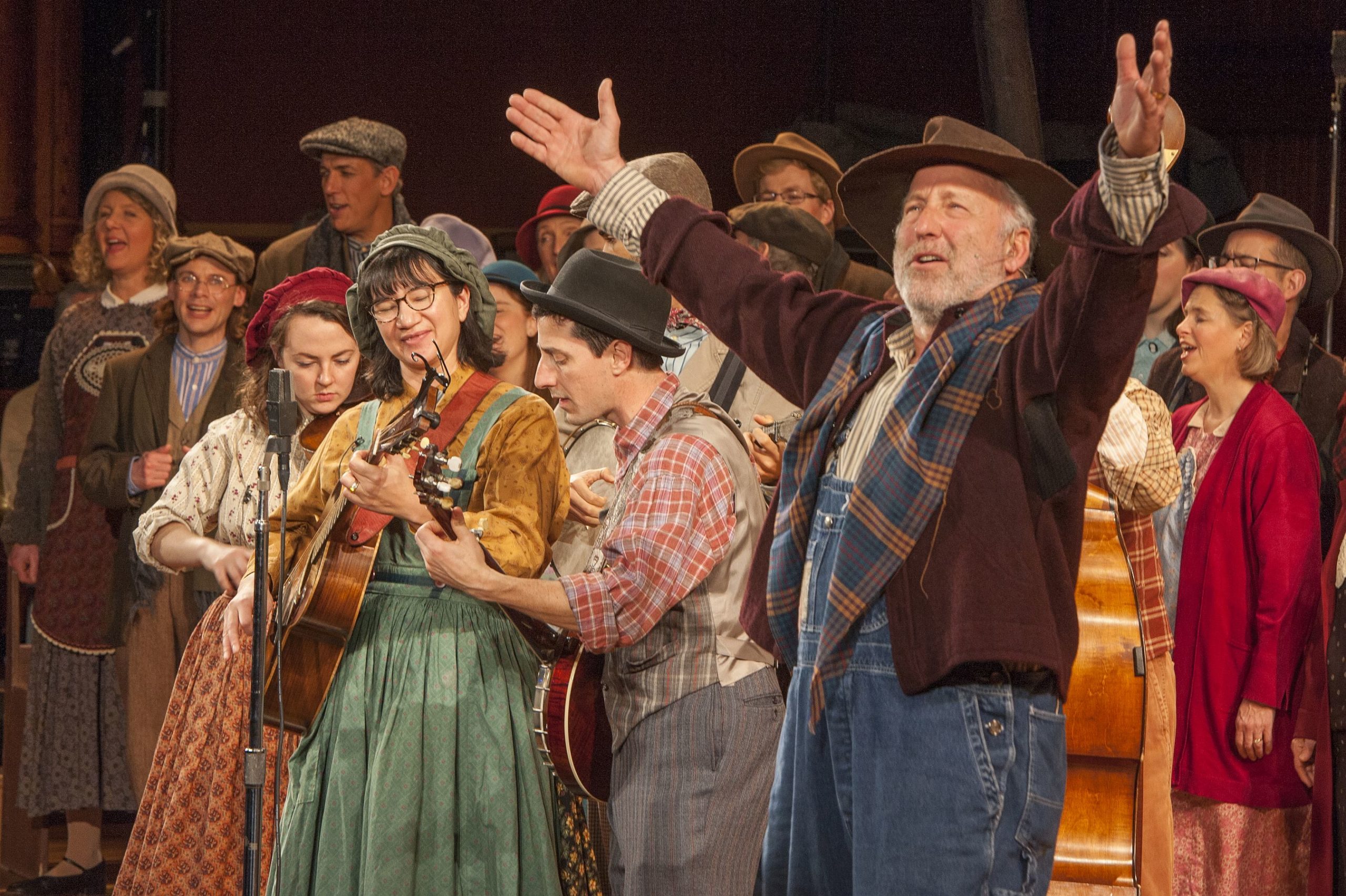
Read More
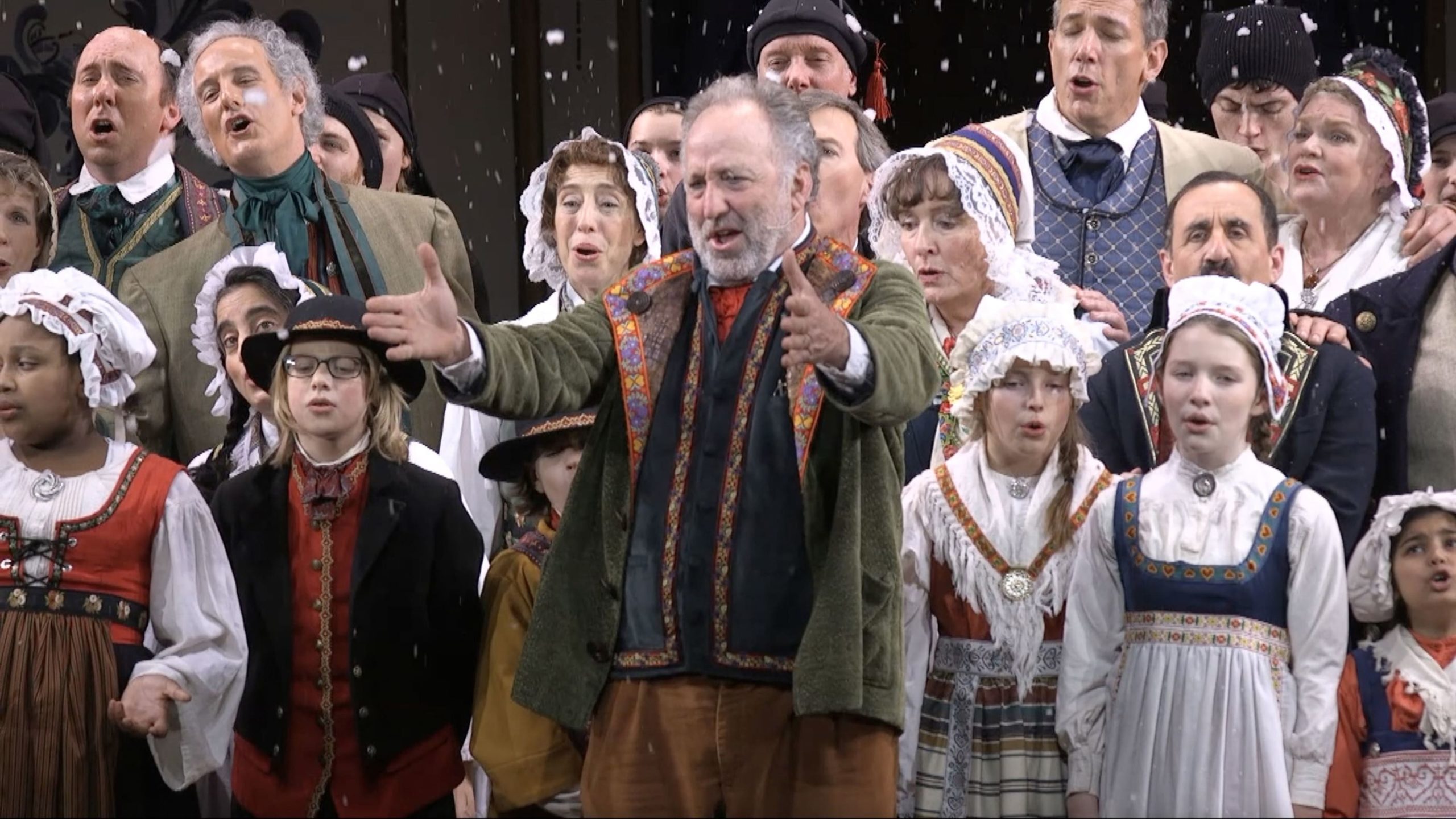
Read More
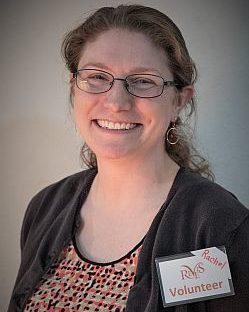
Read More
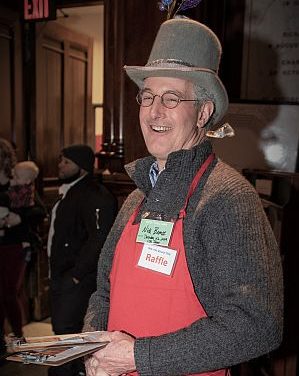
Read More
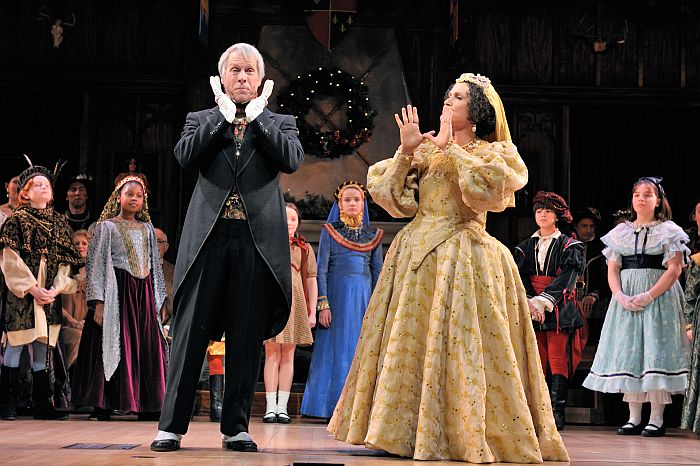
Read More
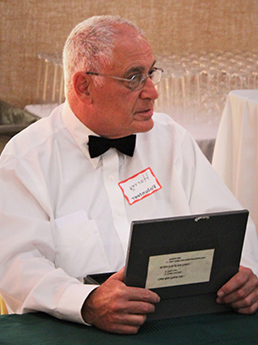
Read More
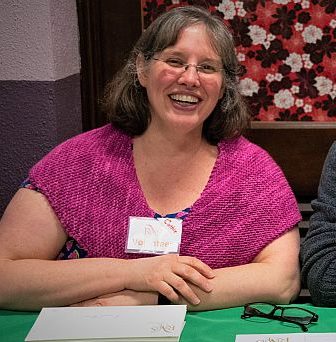
Read More
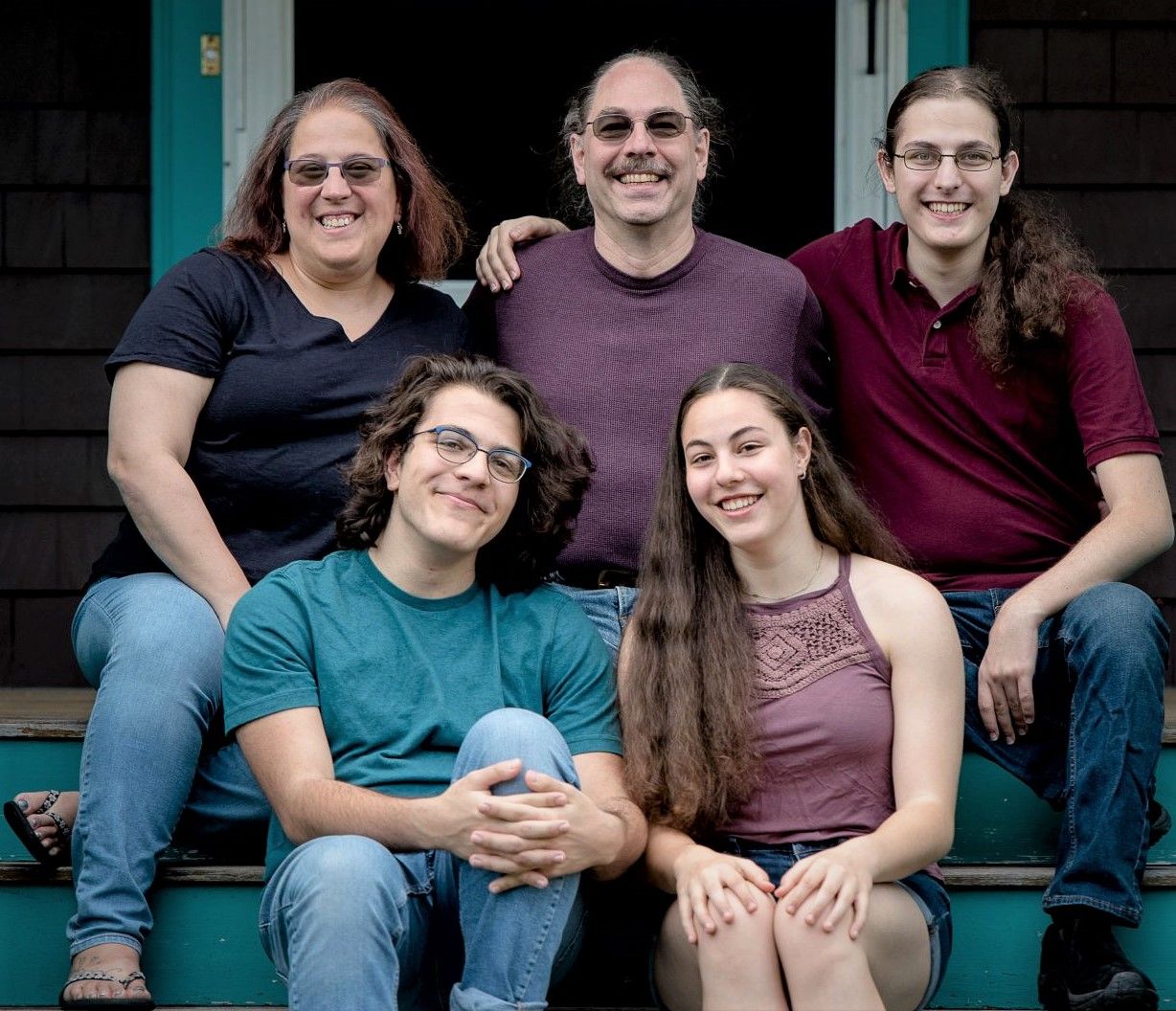
Read More
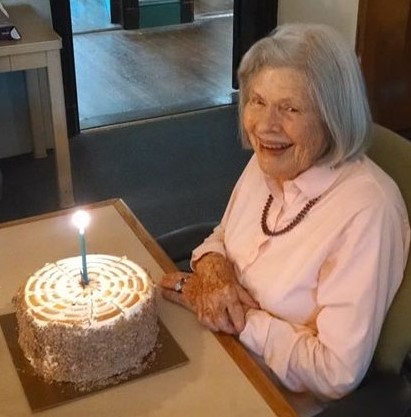
Read More

Read More

Read More

Read More
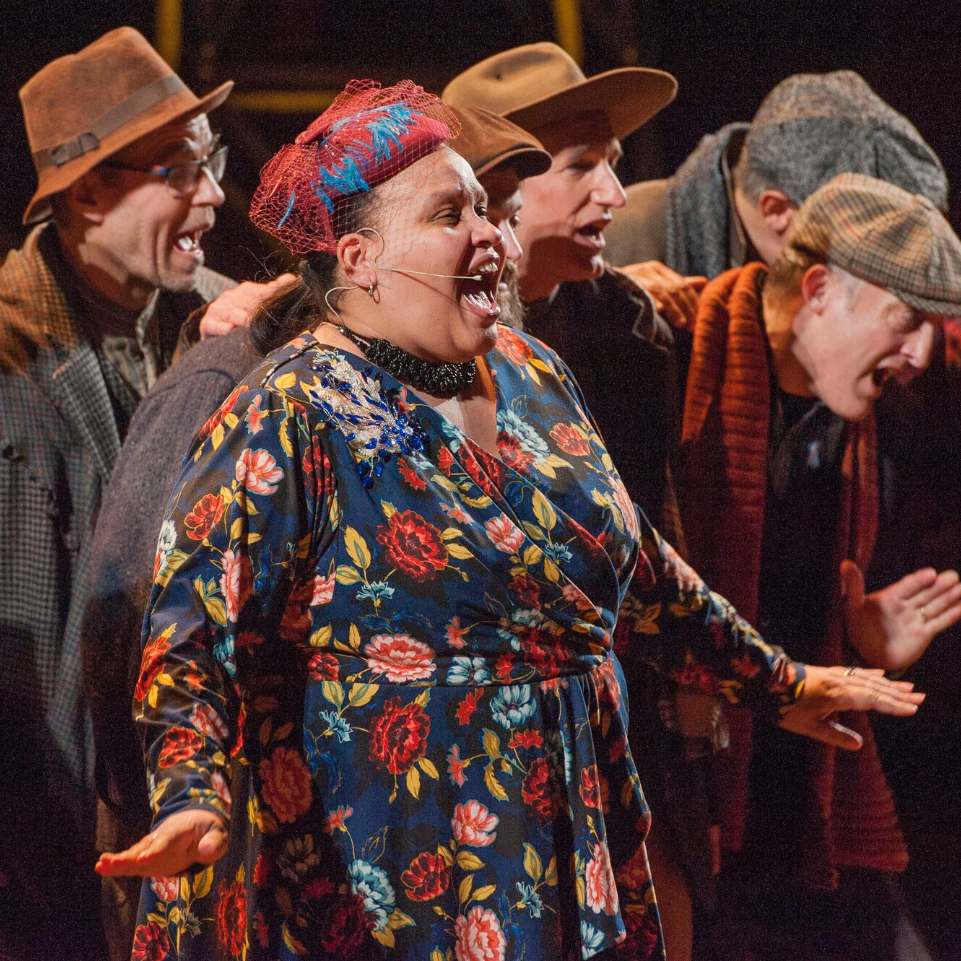
Read More

Read More

Read More
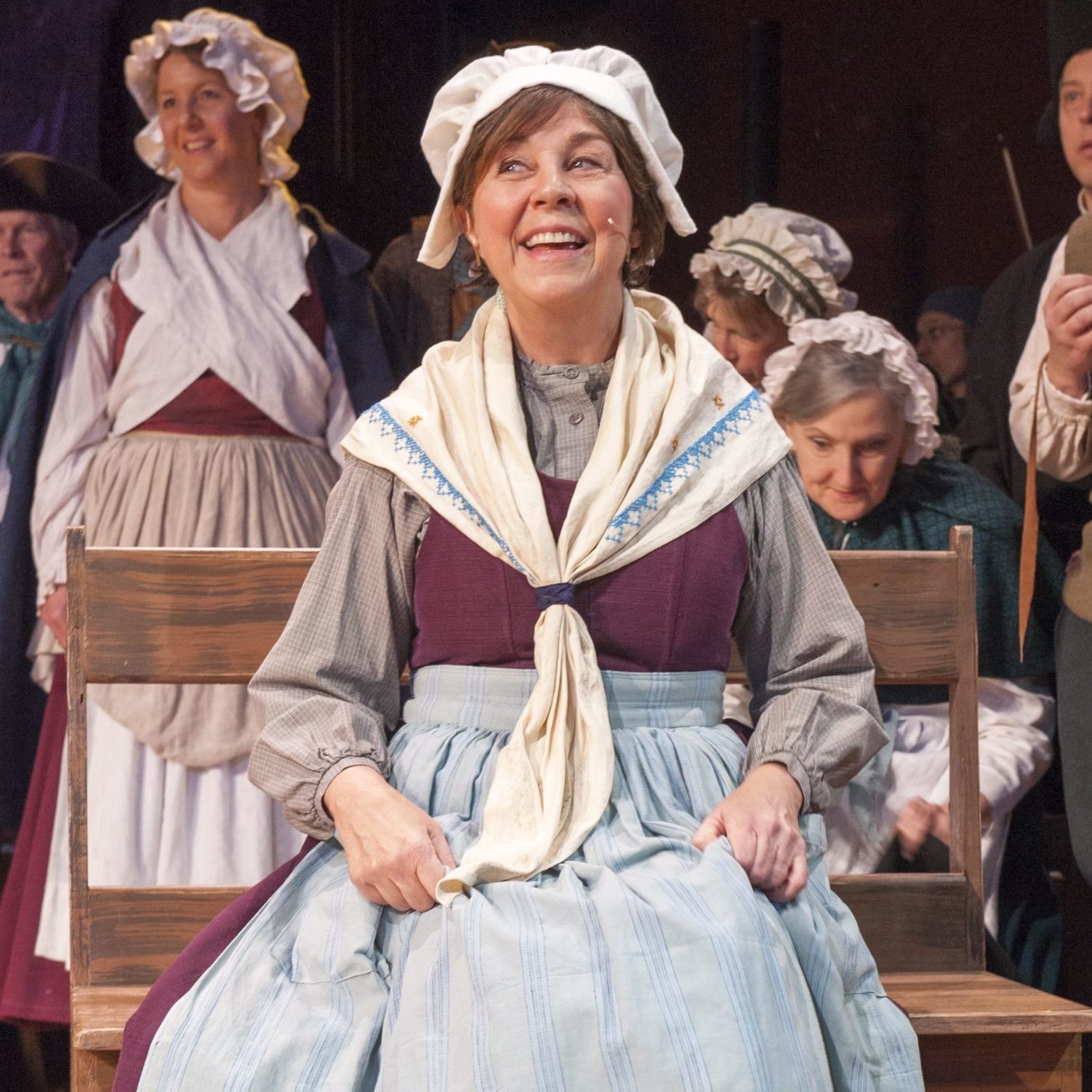
Read More
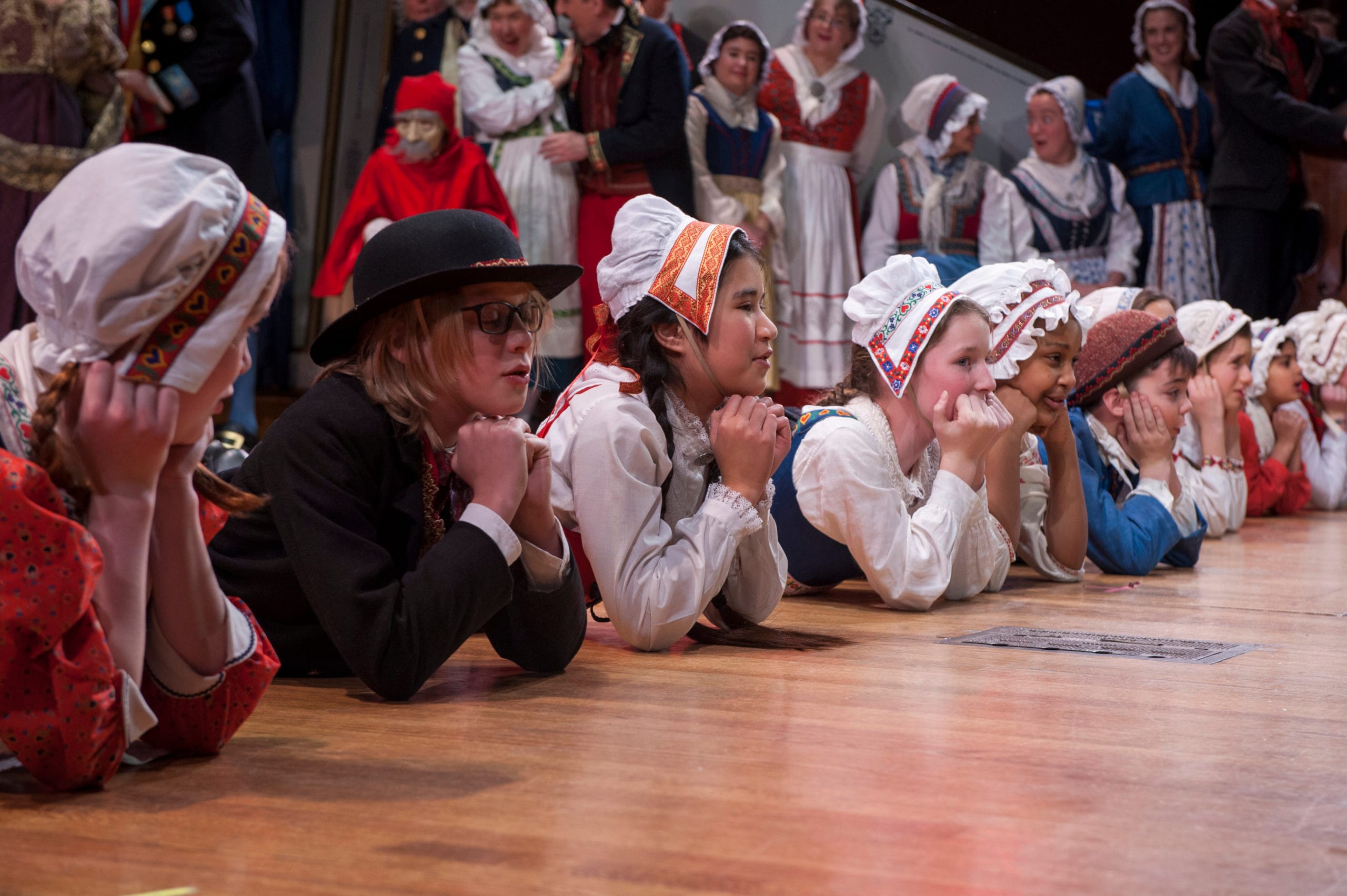
Read More

Read More

Read More

Read More
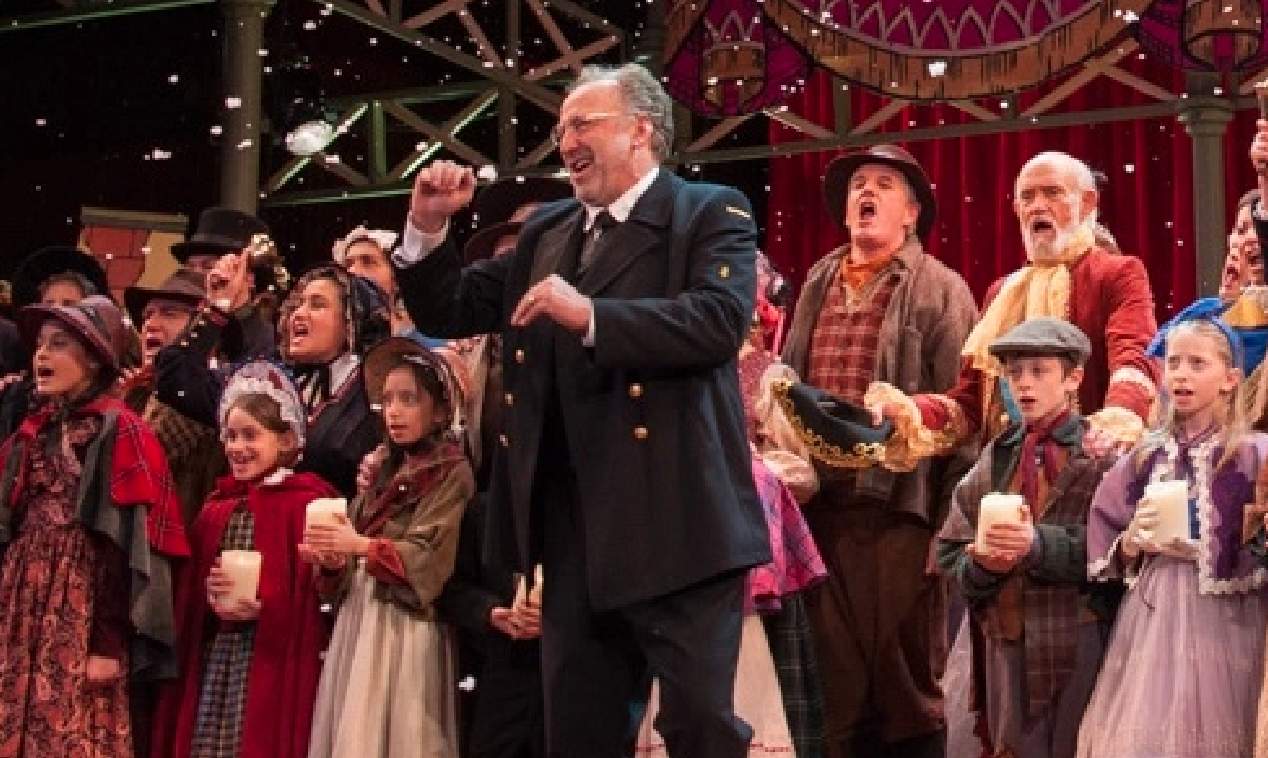
Read More

Read More
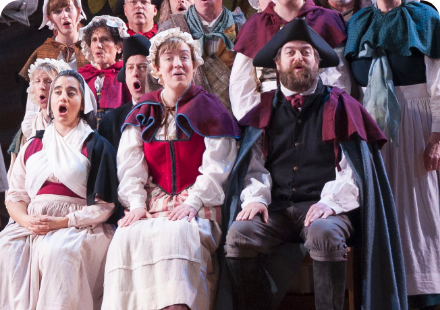
Read More

Read More

Read More

Read More
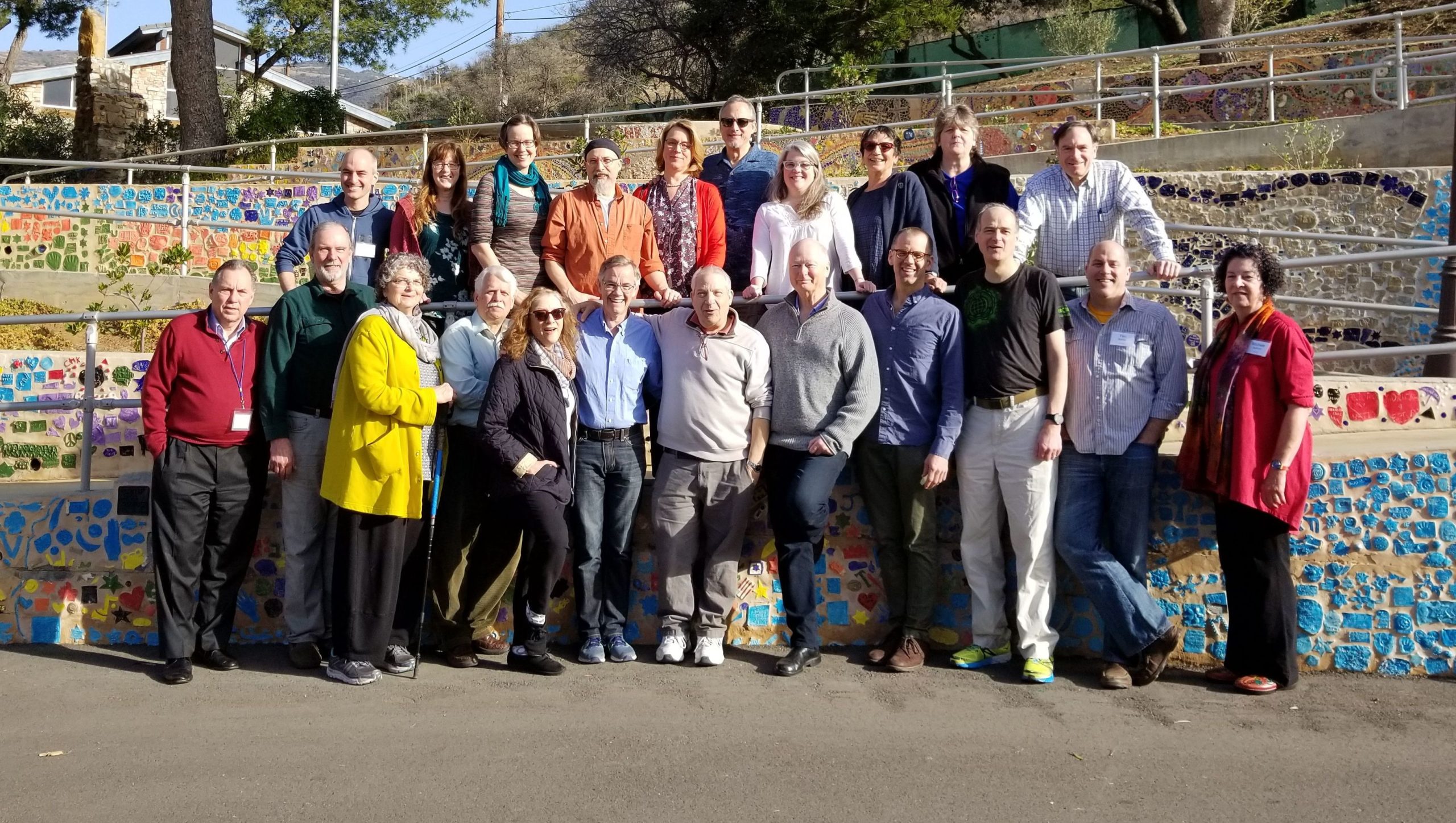
Read More

Read More

Read More

Read More

Read More

Read More

Read More
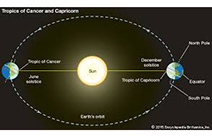
Read More
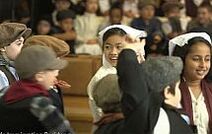
Read More
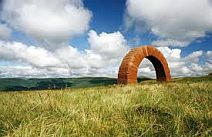
Read More
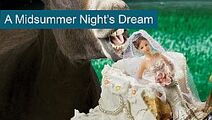
Read More
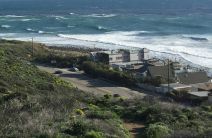
Read More

Read More
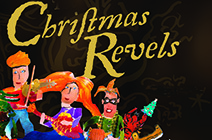
Read More
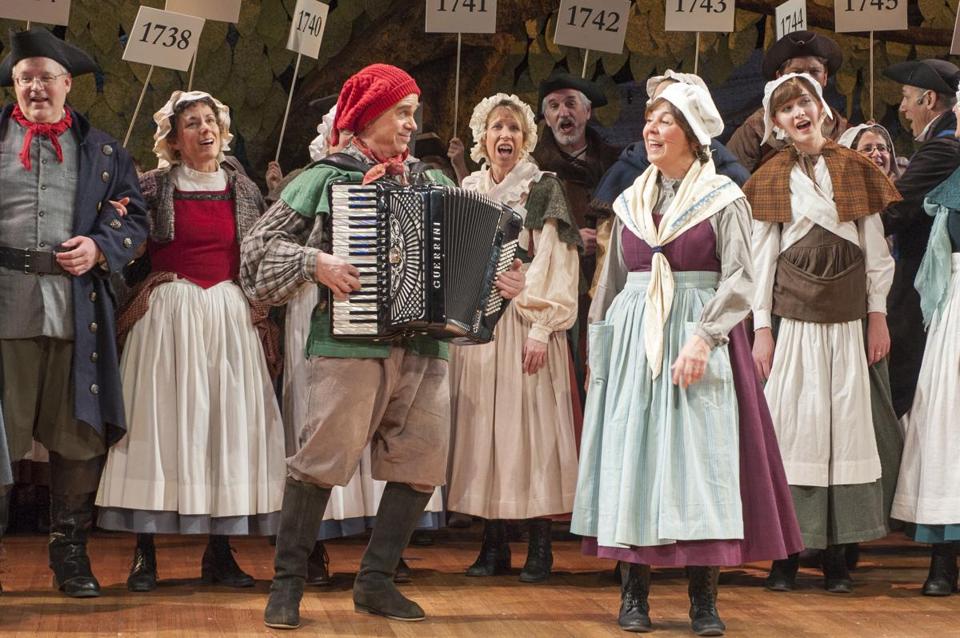
Read More

Read More
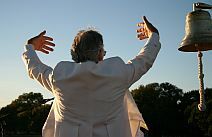
Read More
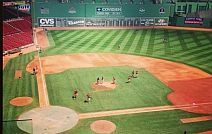
Read More

Read More
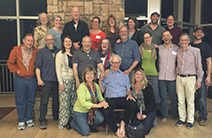
Read More

Read More
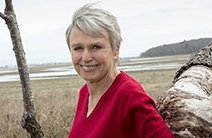
Read More
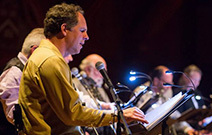
Read More
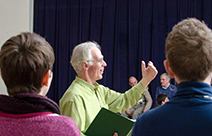
Read More
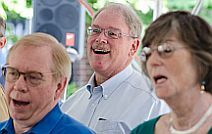
Read More
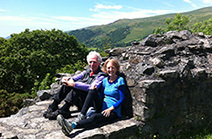
Read More
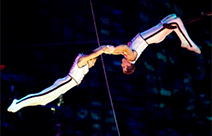
Read More

Read More
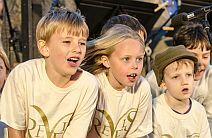
Read More
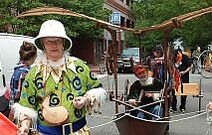
Read More
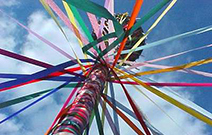
Read More
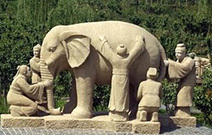
Read More
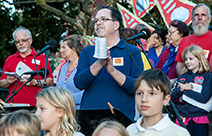
Read More
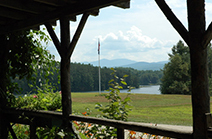
Read More

Read More

Read More

Read More

Read More
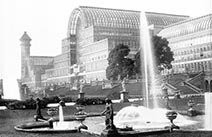
Read More

Read More
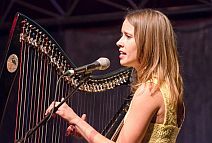
Read More
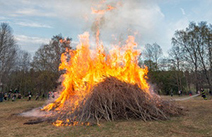
Read More
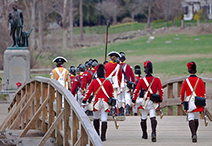
Read More
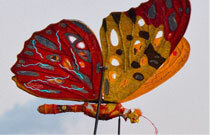
Read More
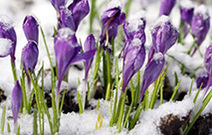
Read More
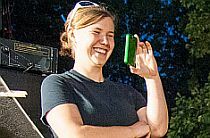
Read More

Read More
